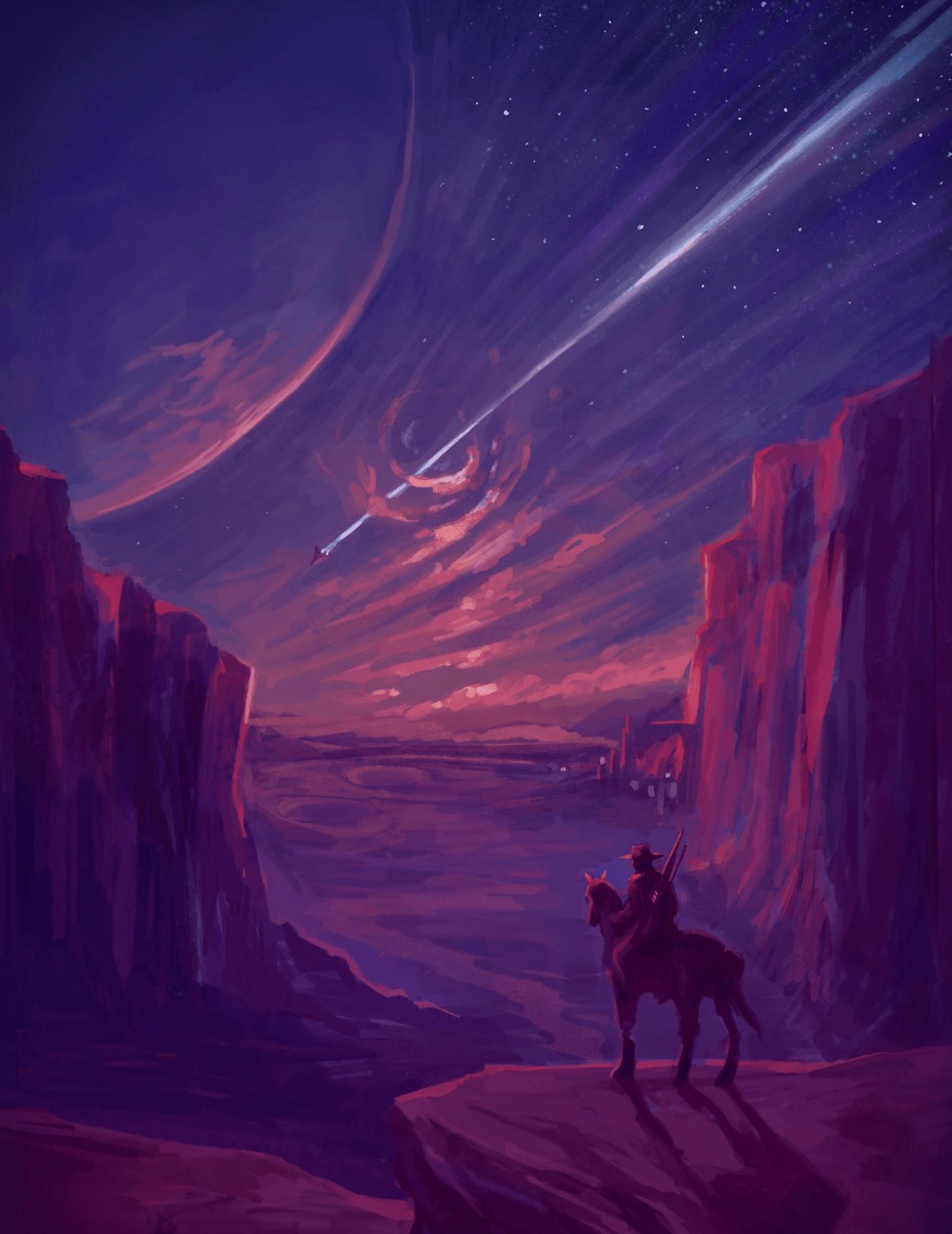WILD WEST ISSUE

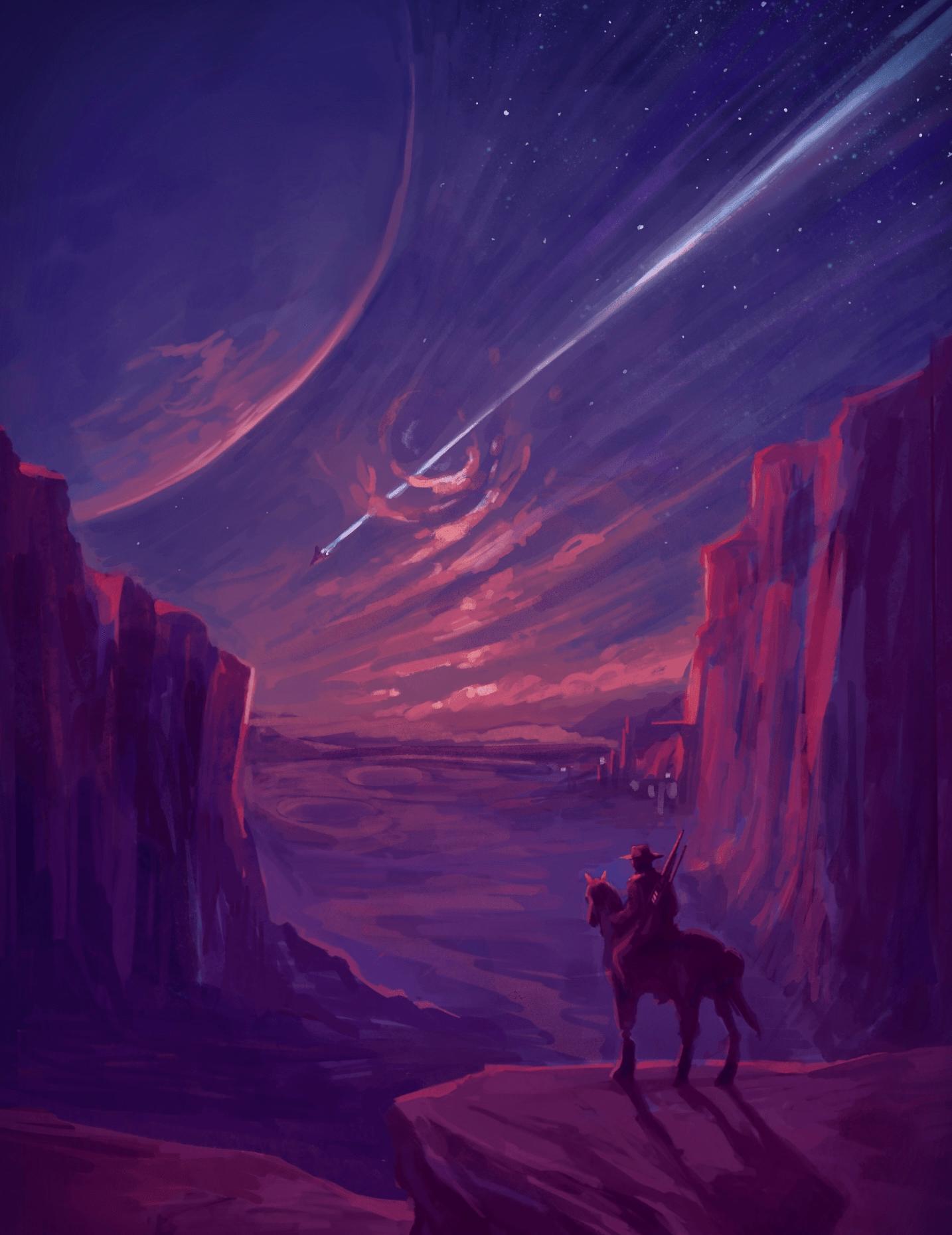
Issue 88.07 · Dec 05, 2022 · 22westmedia.com
Disclaimer and Publication Information: 22 West Magazine is published using ad money and partial funding provided by the Associated Students, Inc. All Edito rials are the opinions of their individual authors, not the magazine, ASI nor LBSU. All students are welcome and encouraged to be a part of the staff. All letters to the editor will be considered for publication. However, LBSUstudents will have precedence. Please include name and major for all submissions. They are subject to edit ing and will not be returned. Letters may or may not be edited for grammar, spelling, punctuation, and length. 22 West Magazine will publish anonymous letters, arti cles, editorials, and illustrations, but must have your name and information attached for our records. Letters to the editor should be no longer than 500 words. 22 West Magazine assumes no responsibility, nor is it liable, for claims of its advertisers. Grievance procedures are available in the Associated Students business office.
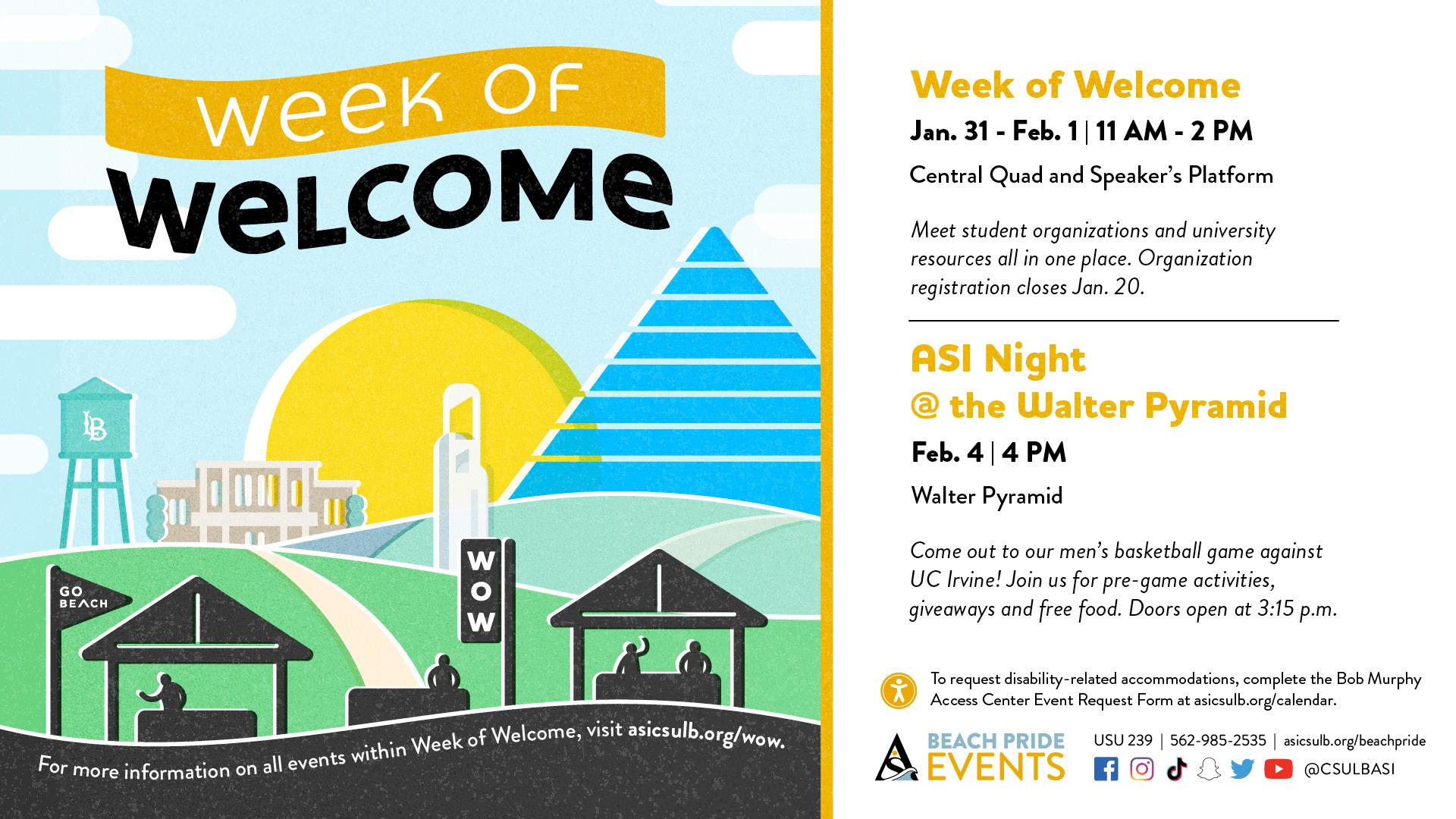
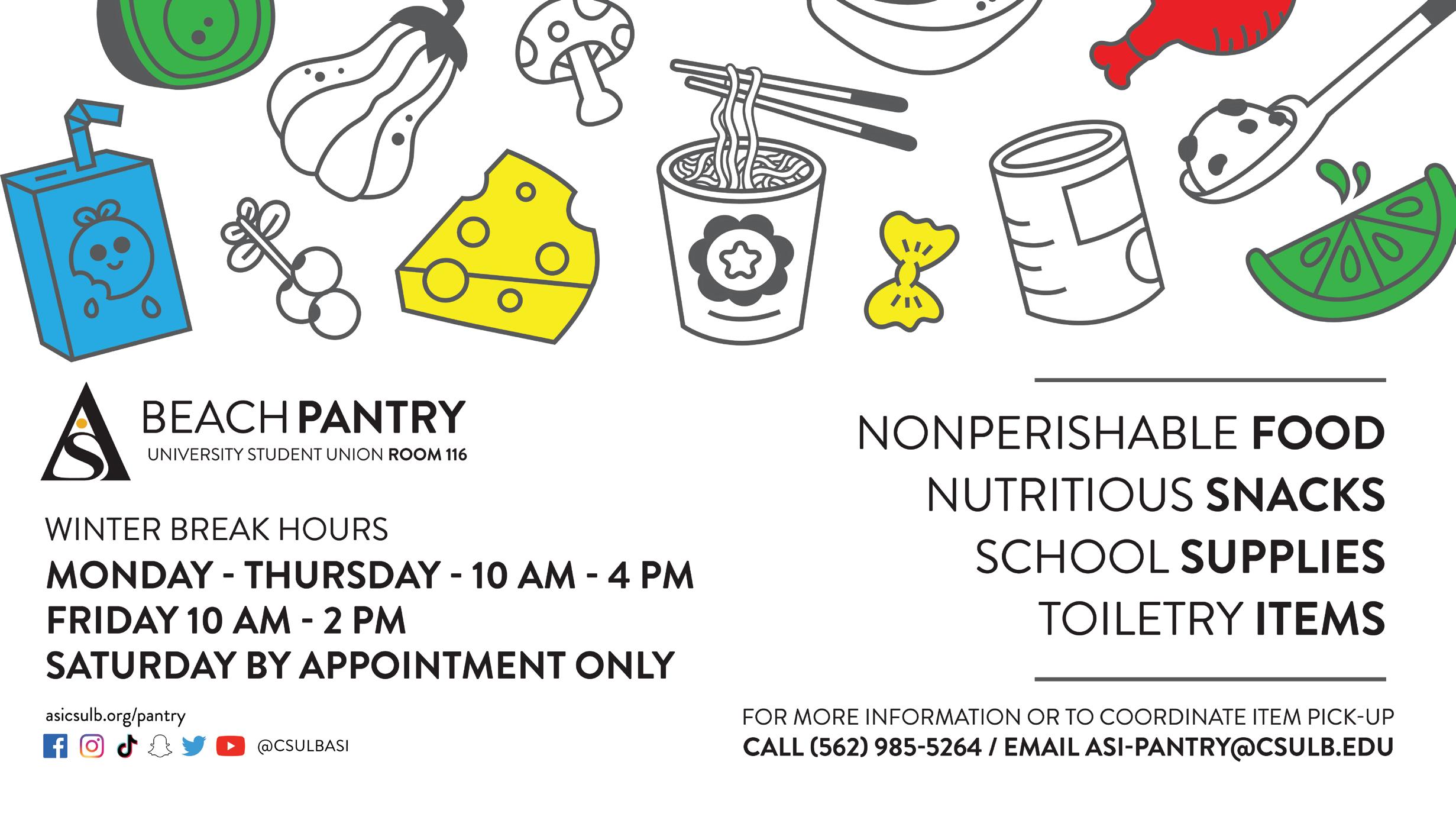
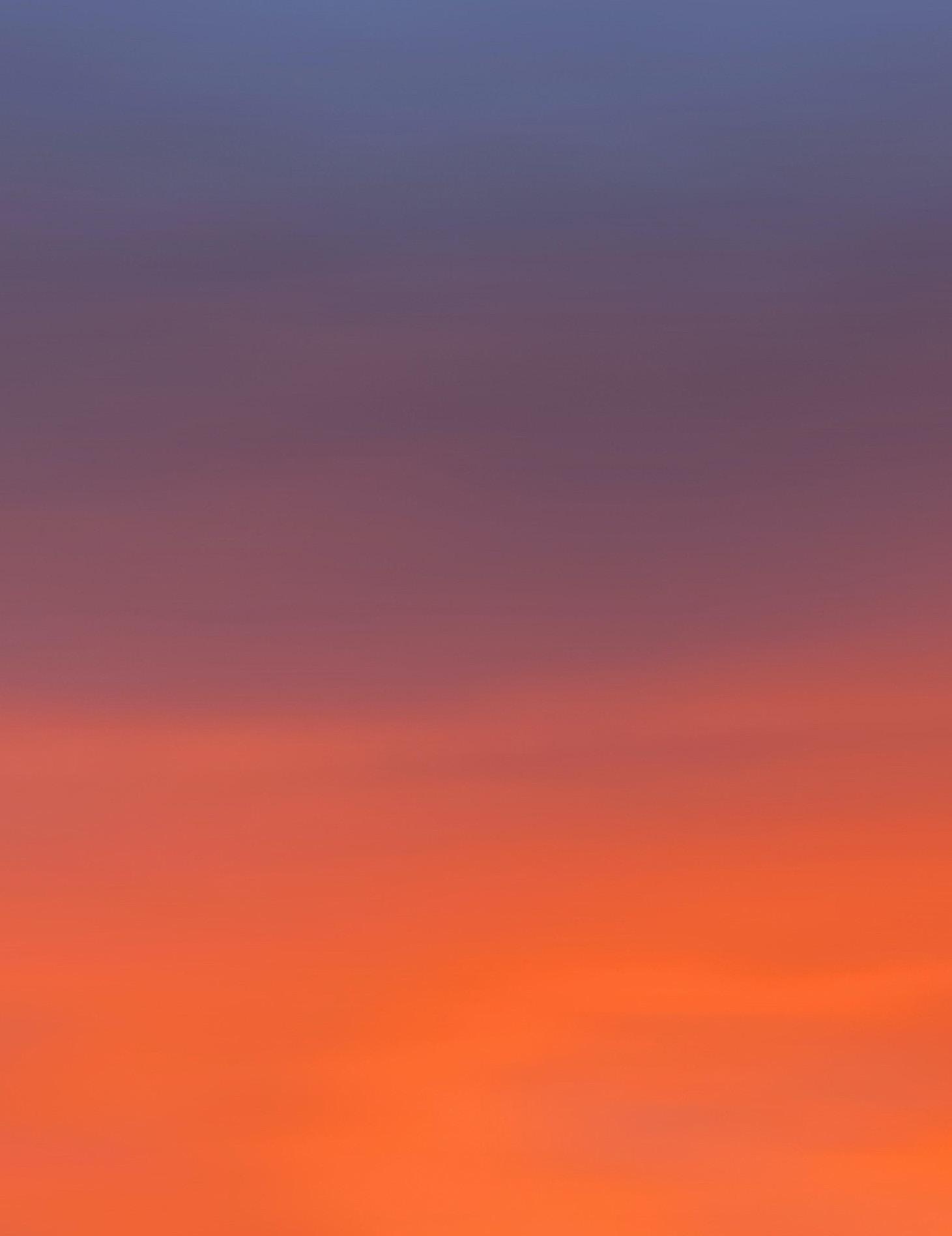
I’m at my wits end. My last stand in the Great Plains. This is my last note as editor in chief before I graduate and enter the great unknown that is not college. I’m terrified! What will I do without having to go to a multitude of classes I don’t care about? Imagine all the free time I’ll have without the ever looming presence of due assignments, absolutely harrowing!


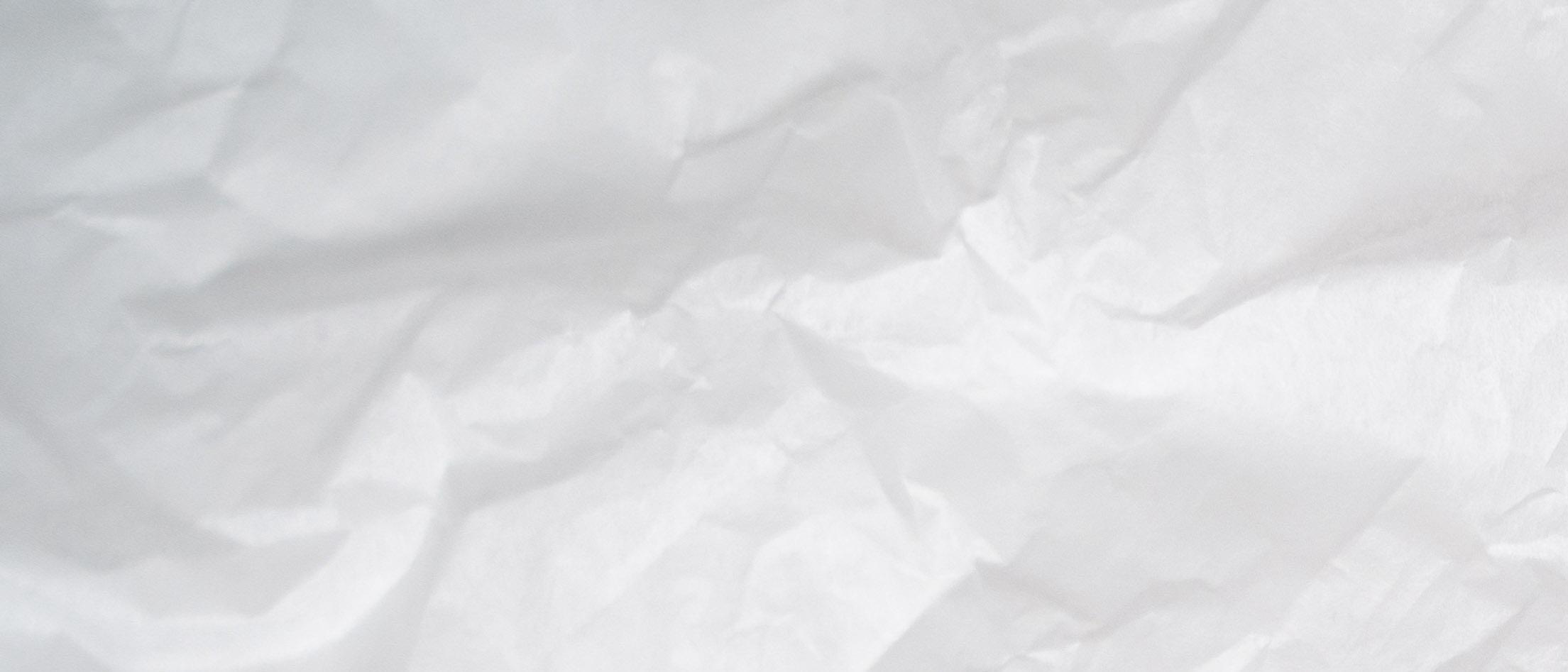
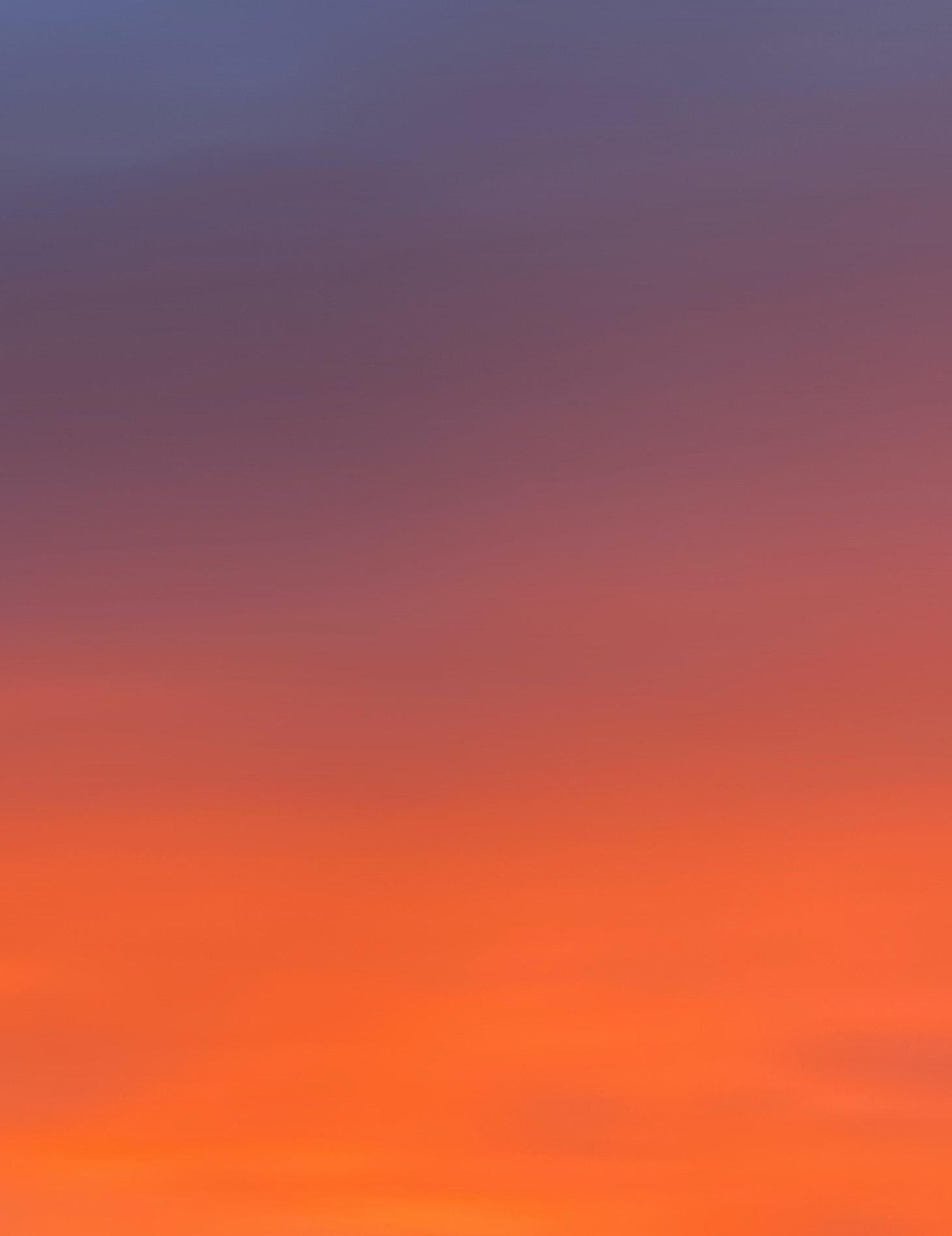
It’s been an interesting experience, inheriting the magazine and having to rebuild the physical presence of it after quarantine. I set out to have a major focus on art and student experiences and I think it’s at a healthy starting point now to become something meaningful and greater under the next editor in chief, Jensen Puckett, who has served as our managing editor for the past three semesters.
Who knows what the future holds for 22 West Magazine and this campus, I certainly don’t. I hope whoever finds this enjoys the Wild West issue, because we’re riding far into the horizon into places never gone before. Industry, smothering of the old ways and despair. When this issue theme was conceived, I pictured something more light-hearted and funny. We have the opposite of that. Let’s ride!
Lianna
, Editor-in-Chief editorinchief@22westmedia.com
Andres Leon
Managing Editor
Bae, Art Assistant artdirector@22westmedia.com
, Advertising Manager advertisingmanager@22westmedia.com
Comfort, Lead Copy Editor copyeditor@22westmedia.com
Jensen Puckett,
managingeditor@22westmedia.com Caroline
Kacey Acosta
Natalie
Schieber, Distribution Manager distributionmanager@22westmedia.com @eunhasumyeon COVER ILLUSTRATION VOLUNTEER MEETINGS CONTACT US Caroline Bae, Illustrator Meetings have concluded for 2022. Contact editorinchief@22westmedia.com or check our bio @22westlb on IG for more information Email: info@22westmedia.com Mail: 1212 Bellflower Blvd, Suite 108 Long Beach, CA 90815
LOST JOURNAL ENTRY FROM THE EDITOR
ANDRES LEON, EDITOR-IN-CHIEF A
MAGAZINE STAFF
WILD WEST HERITAGE
A LOOK INTO SOMEONE’S HERITAGE THAT IS HISTORICALLY TORN
The Vaquero - I am a descendant of cowboys. Of vaqueros. The words “wild west” instantly conjure imagery of men in large hats riding horses, perhaps even wrangling cattle. I try to picture a man I’ll never know. A man my family barely knew, my great-great-grandfather. He was a vaquero who traveled the cattle run paths from Mexico, throughout Texas and onward North. He wooed the young women of the small towns he entered, with tales of the countryside. Of heroism.
He’d leave with the promise to return on his way back south. But those promises were lies. He was a vaquero, not suited to be a husband. My great-greatgrandmother never knew his last name. Her son, my great-grandfather, was left without a paternal name, or a paternal history. With nothing to inherit, they gave him a made-up name that represented the abandon ment: the last name “Vaca” (cow in Spanish).
The Vaquero disappeared from my family, leaving us with an ancestral dead end. My great-grandfather was ashamed of this and thus rarely talked about his parents. We know a little more about my great-greatgrandmother’s side of the family. We discovered ancestors who took up residency in San Antonio, TX. We pieced together that more than likely they partic ipated in a widely known Texan historical moment: The Battle of the Alamo.
Ancestors At War - Whenever people find out I’m half Mexican, they always ask me: “When did your father’s family immigrate?”. This leads me to answer in the form of a history lesson.
Disclaimer: This could give you AP U.S. History PTSD, but I promise I’ll be brief.
My father’s family never immigrated. They’ve lived in Northern Mexico forever. After Mexico won its inde pendence from Spain, tensions rose between Texas and the Mexican government. New colonists from the states had settled in Texas and did not want to be part of Mexico. This began the Texas Revolution. The most
well-known battle from this revolution was the Battle of the Alamo, Texans vs Mexicans. The Mexican army won the battle and killed every Texan soldier.
This Mexican victory did not last long. With their armies defeated, Texas declared independence from Mexico. However, Texans did not force local Mexi cans off their land. Afterward, Texas was vulnerable and got swallowed into America as the twenty-eighth state. This is how my family got drawn into the states. To summarize: We never crossed the border; the border crossed us.
Now for my mom’s family; I can say exactly when her family came to America. My mom is “whiter than white”- but specifically English and Czech. On the English side, my family immigrated and settled in Jamestown. We owned a library before moving south for more land opportunities after the Spanish succes sion. As they worked their way south, a portion of my family settled in Tennessee. There, a great-uncle of mine, Daniel Branch Price, married Eliza Crockett, a first cousin to Davy Crockett. For those who are confused, Davy Crockett was a real person people wrote folk songs about. He was a frontiersman who later ran for congress and a cowboy who famously died at the Battle of the Alamo. This means my ances tors fought and killed each other in the most infamous Texas battle. On top of that, the direct ancestors on my mother’s side continued to migrate south and settled in, you guessed it, Texas. Which means they’re part of the colonists who came to Texas and wanted to declare independence from Mexico.
In 2019, I went with my parents and my dad’s parents to visit the Alamo in San Antonio. This is where my dad made a very out-of-pocket joke. The moment we arrived, he turned to me and said “Look Bella, this is where all of daddy’s family killed all of mommy’s family!” Nearby tourists stopped in their
tracks. My dad then decided to talk to them directly, “But we’re all good now! See, she’s here!” He pushed me forward and presented me with a birthday cake. My dad’s father smacked the back of his head. I was sixteen at the time and it is still one of the funniest things my dad has ever done.
Mixed - To this day, my wild west heritage is some thing unique to me and my identity: descending from cowboys and vaqueros who were at war for so long. But I often feel a disconnect from my Latin heritage. Assimilation has forced a lot out of my family since we have been in this country for so long. My father was never taught Spanish, my family doesn’t cele brate Mexican holidays, and much of my extended family considers themselves Texan or Texican at best. They don’t even think they’re Mexican anymore. It’s pretty devastating to think about the effect American colonists had on my ancestors.
They forced my family to abandon our traditions and now there is little that ties us back to Mexico. Since I am white-passing, I am often forced to prove my Latinness. I’ve almost gotten used to the shocked looks I receive when I reveal my ethnicity. The stifled laughs I get when Spanish people hear my full name: Bella Vaca (beautiful cow).
That’s the difficult thing about being mixed: Latin people don’t think I am Latin enough and non-Latin people don’t recognize why my heritage means so much to me. I’m very proud of my wild west heritage though. Two halves who collided in the wild west. There’s a toughness to descending from cowboys. I’ve met no one else with a mixed background quite like mine. It makes me who I am and the type of artist I am.
ABOUT THE ILLUSTRATION
This is a self-portrait that reflects my identity. My mixed ethnicity is shown in the traditional Mexican patterns and the traditional Czech embroidery patterns. The Mexican patterns are mostly native to Oaxaca and found on wood carvings and tile work. The Mexican border is a combination of Aztec designs to form a pattern. The Czech patterns, including the border, mostly stem from embroidery on traditional garbs. The cow obviously connects to my name and I colored it in the style of Pedro Linares, the artist who created Alebrijes. I chose symmetry because there are a lot of similarities between my two halves; there are strong capable women, grandparents who fought in WWII and even other writers who were published in papers on both sides of my family. However, there are also distinct differences between the two, and I’m what connects them both.
4 WILD WEST ISSUE 88.07 ANNABELLA VACA CULTURE
BY ANNABELLA VACA
ILLUSTRATION
“Assimilation has forced a lot out of my family since we have been in this country...”

CORPORATE GREED IS CONTROLLING WHAT WE WATCH
A CRITIQUE ON CORPORATE PROFITS
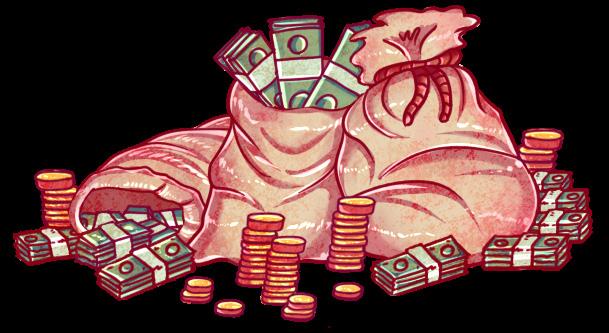
As I click between my tabs on Safari, each website riddled with targeted advertise ments, it becomes hard to ignore what is so evident. Corporate profits influence our lives more than we think. This is seen everywhere, from the price of food and gas to the current state of inflation. All are influenced by corporations’ desire to maximize their profits.
I’m not an economist by any means, but as corpo rate America has proven time and time again corpo rations will always put profits before anything else. Hollywood isn’t safe from the reach of corporate greed either. If you’ve gone to the movies or browsed through a streaming service, like Netflix, lately you might get a sense of déjà vu. Familiar titles grace the “newly added” sections of streaming services. Every thing old is new again but not by our own choice.
AND
THEIR POWER IN SOCIETY
Reboots, revivals and remakes have dominated movie theaters and streaming services in the last few years. For the audience, a return to their favor ite shows and movies might cater to their feelings of nostalgia. For corporations, the motivation behind pushing reboots and franchise content is quite different. The recycling of content is not caused by a creativity crisis in Hollywood, it’s that a return to familiar titles means guaranteed money.
Why would studio and media conglomerates stop using this successful formula? Don’t get me wrong, there are well made and well received reboots that are successful. Additionally, Hollywood has also taken to movie franchises to continuously bring in audiences and make money. “Top Gun: Maverick,” a sequel set 30 years after the original film, “Top Gun,” is a prime example. “Top Gun: Maverick” was released earlier this year and has a 96% rating among critics on Rotten Tomatoes with a 99% audience score. The movie has made $1.4 billion so far, surpassing the original’s earnings of $357 million. So, the studios are right that reboots and sequels are often guaranteed money-makers.
It makes sense why studios have largely cast aside producing new, original movies and TV shows in exchange for the monetary safety net that reboots, remakes and revivals provide. However, the insistence of Hollywood to keep producing and repackaging old content is becoming tiring. There are only so many new directions a story can take without feeling all too familiar.
One of the biggest offenders of this is the thirteen film “Halloween” franchise. The number of times this franchise has been rebooted, remade and had follow up films is remarkable. Each of the films fall into the same repetitive storyline. Michael Myers, the villain, reemerges from the shadows in an effort to kill the protagonist of the movie. In the end, the protagonist is the only one left standing and Myers, thought to be killed by the protagonist, is still alive. This repet itive nature doesn’t always land well with audiences either. Rotten Tomatoes reviews of the “Halloween” franchise movies range from 9% to 96%. Despite the scattered review scores, the franchise has collectively made over $840 million. This reinforces the idea that this franchise keeps being resurrected not by demand of fans but to make more money.
While sticking to reboots and franchises might be a safe bet for studios, they are not always the
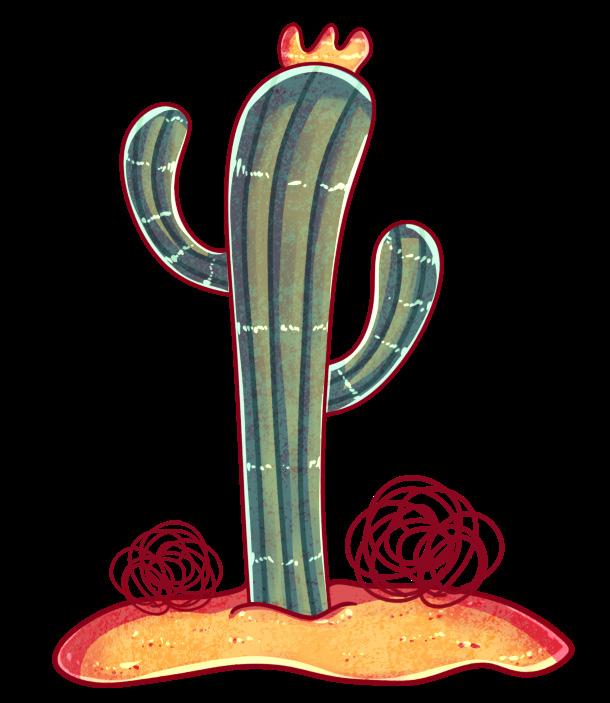
6 CONSUME BY SOFIA CARLOS
“There are only so many new directions a story can take without feeling all too familiar.”
most popular among audiences. Surprise, surprise, but audiences respond well to original shows and movies. Netflix’s “Squid Game” is the most watched TV series in the streamer’s history with 1.65 billion hours watched within the first 28 days of its release. “Squid Game” follows debt-ridden participants as they risk their lives going through a series of children’s games in effort to have a chance at winning $35 million.
The premise of the show alone challenges the usual, expected content Hollywood produces. The
show’s detailed portrayal of class disparity and capi talism makes it a show unlike any other. Shows and movies like “Squid Game” remind us of the content that is being sidelined. Creativity is being thrown out the window so studios can paint over past projects and label them as new.
Streaming services also play a part in content being recycled. Streamers set themselves apart from the standard TV channels like NBC and CBS with a variety of content all one click away. Streamers also market themselves as producing their own original

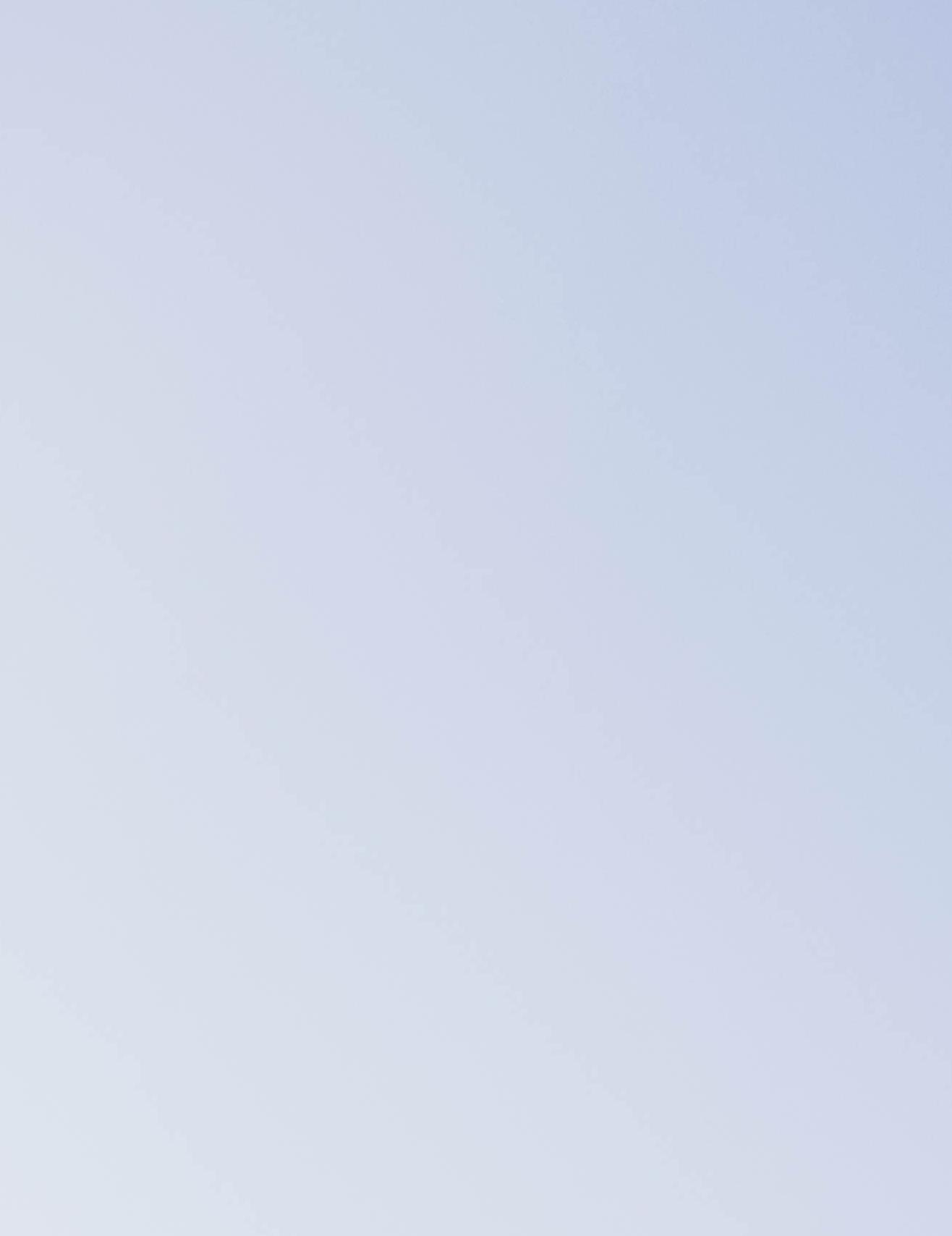
content, like how Netflix has their Netflix original series and movies. There’s an element of disillusion ment when streamers implement price increases while continuing to value producing content not for quality but for profits. Netflix has a price tier system which includes four different plans.
Each plan increases in price based on the number of devices that can watch Netflix at the same time. Even this price tier system doesn’t seem to be making enough money for the company. In an October letter to Netflix’s shareholders, the company said they would start charging for password sharing in early 2023. The company seems to be using every oppor tunity they have to rake in profits all while producing content that none of its customers necessarily want. So, while producing new content is a risk, with the additional profits Netflix makes from their price hikes it seems like they would be able to take some risks in terms of content. But the thing is they won’t because corporations always put profits before anything else.
We once again find ourselves stuck in the vicious cycle of corporate greed. We settle for content we don’t want to watch out of necessity for watching something, anything. Which in turn makes the big corporate studio machines a pretty penny or two. Seeing that their formula for maximum profit and low-quality content is working they continuously release the same content over and over again. Unfor tunately, 2023 doesn’t seem optimistic for original content. Netflix is releasing rebooted and remade TV series including “Avatar: The Last Airbender,” “Conan the Barbarian” and “The Gentlemen.” HBO Max isn’t being any more creative with their show “True Blood” getting a reboot and a “Game of Thrones” spinoff show being developed for release soon. It seems impossible to break this cycle when corpo rations always side with what makes money. We can only hope that more content like “Squid Game” will become popular and motivate studios to greenlight truly original content.
7 WILD WEST ISSUE 88.07 ILLUSTRATION BY NINA WALKER & KRIZZHA DEE
“Creativity is being thrown out the window so studios can paint over past projects and label them as new.”
FOR WHOM THE BELL TOLLS
DON’T YOU KNOW IT’S RUDE TO READ SOMEONE ELSE’S JOURNAL?
IF YOU READ THIS YOU’RE A BAD PERSON. A HORRIBLE PERSON.
October 18, 2022
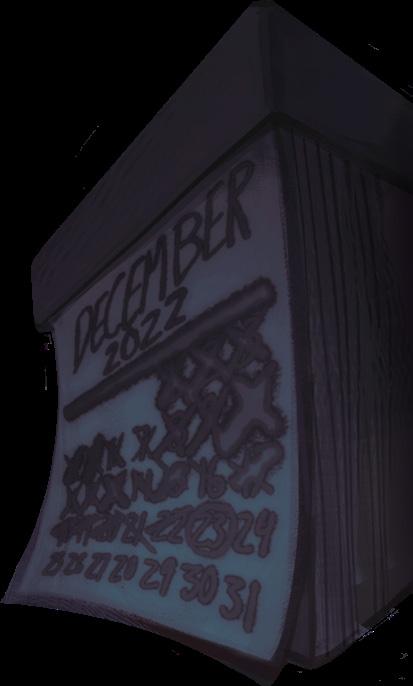
Ishould probably be worried about my indifference towards living. Always the drama queen, I know, but it’s hard to not be indifferent when everything feels like it’s crumbling around me. I’m perplexed by this, because I really don’t remember school and life feeling this turbulent at the beginning of the semester. The beginning of the semester. What did my one professor say was due around this time? They talked about it once and never brought it up again. Or was that my other professor? No, no. It couldn’t have been. I missed that class a few times because I had doctor’s appointments.
The doctor. Fuck the doctor. I went in for a checkup and now I am glued to my bed, knocking on death’s door. Seriously, my cough would make your chain-smoking aunt raise an eyebrow. Now I’m using said cough and other accompanying symptoms as an excuse not to go to school or do any work. However, resting right now is necessary.
No! No. It’s only idiotic. It’s idiotic in the sense that my unwillingness to do work will no doubt come back to bite me in the ass in about… a week? Maybe even less than that. It’s midterms right now. Things feel like they are moving a mile a minute. Four things are due everyday and I am getting all of them in by the skin of their teeth, completed in such a way that you would think I did them with my eyes closed.
The grandfather clock just went off in my living room. It was a wedding pres ent for my parents, and its twelve chimes signal that it’s
midnight. October 19th- a brand new day. Notice the lack of an exclamation point there? It’s because now I have to consider my human duties for tomorrow. Let’s see what’s on the agenda.
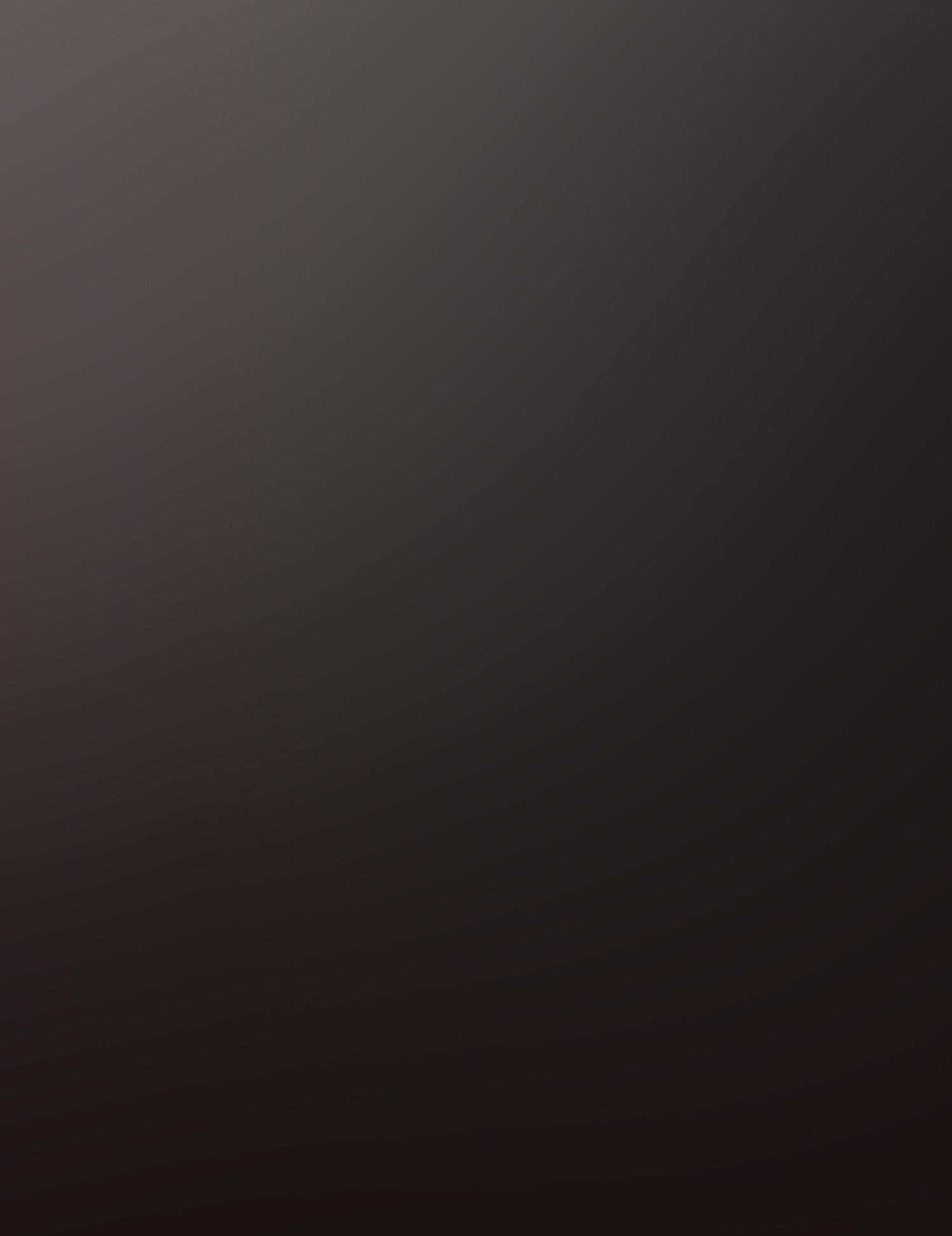
Get up at 7:30 a.m. Stay in bed until 8:15 a.m. Scramble to get dressed, put everything I need in my bag, and eat a stale piece of toast that I will call break fast so I can leave by 8:30 a.m. I’m in the car! The car that has no gas. Not enough to make it to school, anyways. I wonder if I laid my head on the horn and let my eardrums rupture it would be excuse enough to not go.
But I will get the gas and go on my merry way. I don’t know what’s merry about spending $6.20 a gallon for gas, though. Oh! That’s another thing I have to think about! Money! My job! How much I need to work to be able to pay for things like gas and the food I won’t have in my stomach tomorrow! But I will fire up the engine anyways. Time’s-a-wastin’.
There is no grandfather clock in my car. In fact, the wind will whip through it so ferociously that I will barely hear myself think. But I’ll still hear that fucking ticking. Each tick taps on my brain, a reminder of something I’ll have to do before my head hits the pillow tomorrow night. Or, tonight? Time in general has been alluding me. I can’t process my responsibilities. But I have to try.
One quiz due tonight and two due tomorrow. An essay due Friday. A meeting for a group project Satur day morning. Hanging out with my friends Saturday night. I’ll feign enjoyment. Working early Sunday morning. I’ll feign hospitality. Getting home from work I’ll have one more quiz due and two discussion posts
due. I’ll pretend I relate to other people’s discussion posts. Then I’ll burn my skin off in the most scalding hot shower I’ve ever taken.
Applications for things and paperwork for the DMV will continue to sit on my desk until they develop a thin layer of dust. I have to go back to the doctor. My Nona is in the hospital. I need to eat. I have a big essay due in a week; I should get a jump on that. I need to work out and lose a bunch of weight. I’m the funniest person to ever walk the planet.
I feel as if I get no say over the constant fighting between time and all of the things I have to get done. I’m only a silent observer in the chaos that has over taken my life.
I find that I only defer from this kind of thinking at night. I think I like the nighttime so much because, for an hour or two when I’m still awake, time feels like it stills. I’m not on the freeway or in the library at school, letting how busy and exhausted I am be the only things on my mind. You know what else is on my mind, though?
What is my life going to be like after college? I’ve never not been in school. Will I adjust fine? What kind of job will I have? Will I fall in love once I settle into adulthood? Will I be alone forever? I would ask about kids and a house, but in this economy? Ludicrous.
I feel like we’re expected to settle into life and into these monotonous routines as emotionless, spineless freaks. Everything is going to be schedules and timing and praying that somehow life can stop for a second before my chest caves in on itself from the pressure. If I’m bitching and moaning this much about midterms in my sophomore year of college, how the fuck am I going to hold it together when my deadlines are for things like rent and work projects that could cost me a career and my entire livelihood?
Surprisingly, my therapist says I have an issue with
JUDE
TIME 8
BY
SAMPSON
ILLUSTRATION BY MIKA HUYNH
“Will I fall in love once I settle into adulthood? Will I be alone forever?”
creating theoretical problems in my distant future, therefore making me unable to live in and enjoy the present. I always nod my head at this (because it’s brought up every session) and I leave feeling bad that my body language must have lied and told her that I understand this. I don’t know if I’ll ever be able to look at my future and create any positive scenarios.
Maybe that’s a product of living today. This sense of urgency people have to live is caused by a system that tells them the only life worth living is one where you break your back for a wage that barely even covers your rent. The clock is ticking on climate change and the people we are told to vote for to make change do nothing but tweet action shots of them walking around the White House with captions like “It’s hammer time”. It makes me want to scratch my eyes out.
I’m so sick and on so much cold medicine that I’m reading all of this back and realizing I have gone on about twenty different tangents. It’s funny that I had the time to do this all while complaining about how little time I have. I’m very versatile in that way.
I don’t know how to close out this entry in a way that makes me appear okay. I am not okay! I have stopped trying to convince myself that I am.

It’s just a fruitless effort that wastes my time.
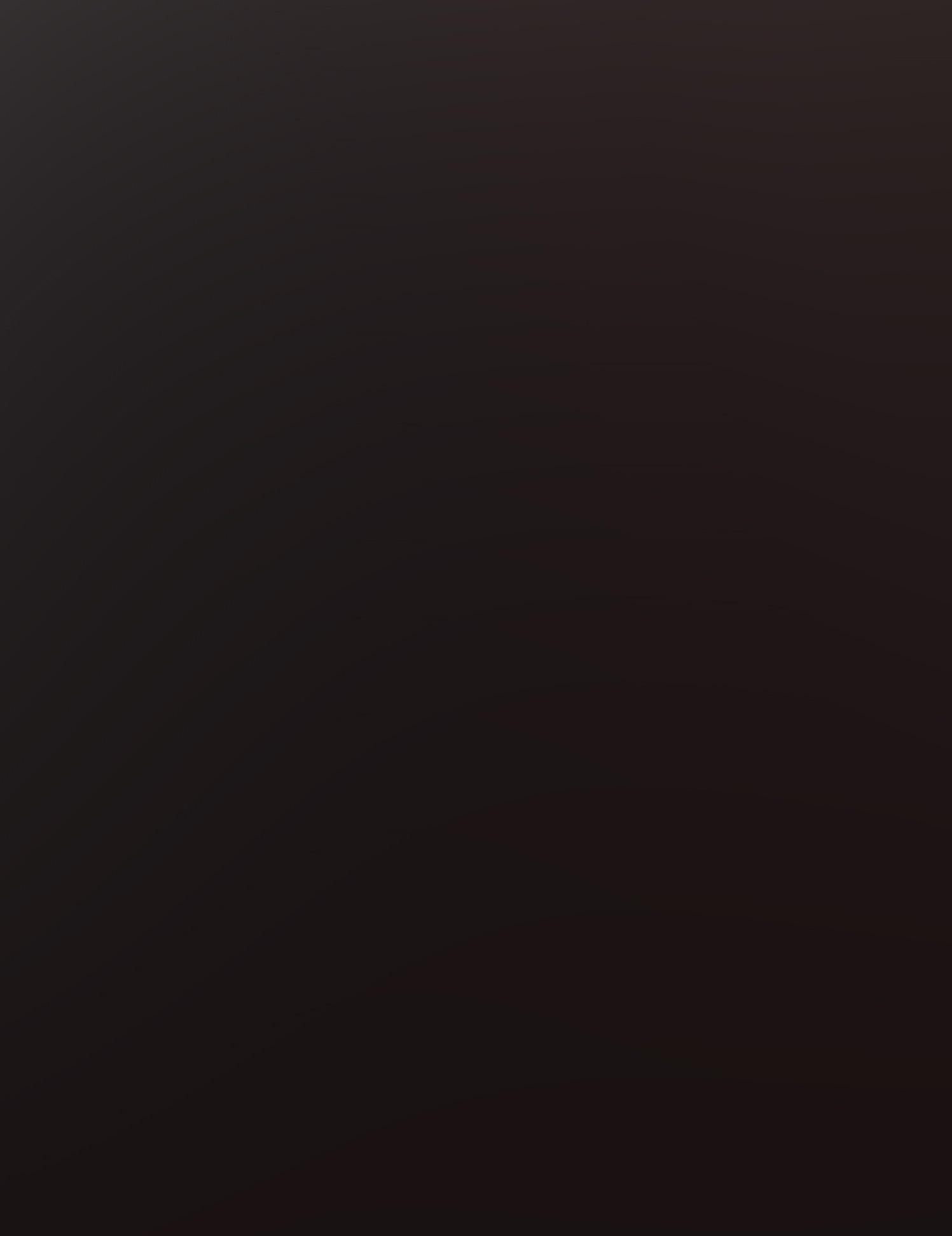
WILD WEST ISSUE 88.07 9
“...My therapist says I have an issue with creating theoretical problems in my distant future...”
WORK LIFE BALANCE & LIFE WORK BALANCE
DEVELOPING AN IDENTITY THAT IS INDEPENDENT OF WHAT YOU PRODUCE
get in the way of your happiness?

Where does the mentality of more is better come from? Well, a better question would be where does it not come from? People will always appreciate you for what you accomplish, especially if what you are doing positively reflects on them. People can dislike your opinions or your expression of self, but no one will dislike traditional accomplishments. It’s not polarizing; it’s a reliable source of external approval. It is always recognized as “good.” It’s also impersonal. If some one values what you do, it’s not as meaningful as them valuing who you are.
An achievement is just a snapshot in time, not a window into who you are. Everyone seeing an accom plishment will only see an external result not how an individual got there. Which is probably the more signif icant part. Finding a work-life balance in life requires you to be honest about what makes you happy and what you value. If you let your achievements define how you feel about yourself or who you are to others, you’ll probably find that you feel as if you are never doing enough.
I’ve always internalized the phrase that more is better: higher grades, longer work hours, being a part of more organizations and having positions with more responsibilities. Doing more means you are better. And conversely, doing less means you are worse. It sounds absurd and shallow when you say it in a general sense, but hardly anyone would disagree when you apply it specifically. An A is better than a B. Being in two clubs is better than one. Making more money is better than making less. Coming in first is better than coming in second. Those who perform
above average in any area get praised. What they contribute is appreciated.
But once you step onto the hamster wheel of letting what you produce define who you are, it is nearly impossible to get off. The momentum builds up, and before you know you can’t stop unless you want to be catapulted off at a violent speed into the nearest wall. The hardest part is accepting that having more accomplishments will lead to more external validation, but it doesn’t always translate into a fulfilling life. And what is the cost? Should more achievements really
When you measure your own worth based on your achievements, you will always find yourself falling short. There is always the chance of you doing more or people who are better than you. It puts you on a tread mill to always do more and feel not enough. Improve ment is healthy, but it being positively motivated to do better while still being accepting of where you are will make the difference between being at peace and constantly feeling like you are failing.
Most importantly, external accomplishments don’t really affect your internal experience of living. It won’t make you happier, at least not permanently. Contin ually being satisfied with the work you have done requires you to look at the qualities that are inherent
10 WILD WEST ISSUE 88.07 BY NATALIE COMFORT OPINION
ILLUSTRATION BY HELEN HO
that allowed you to accomplish those things. In valu ing our accomplishments over everything, we begin to devalue ourselves.
To be honest, there are a lot of simpler ways of bringing fulfillment in your life, like taking good care of yourself and spending time with loved ones. Often times, trying to constantly accomplish more directly gets in the way of those two things. We sacrifice sleep, and healthy eating habits and decline social outings to get more work done. We tell ourselves it is worth it, that in the future, we will be happy that we gave up our health and mental stability and let our relationships atrophy for whatever label, title or achievement we are currently chasing. Then the second we cross the finish line, we degrade all the work we have gone through in the past and push
ourselves toward the next benchmark.
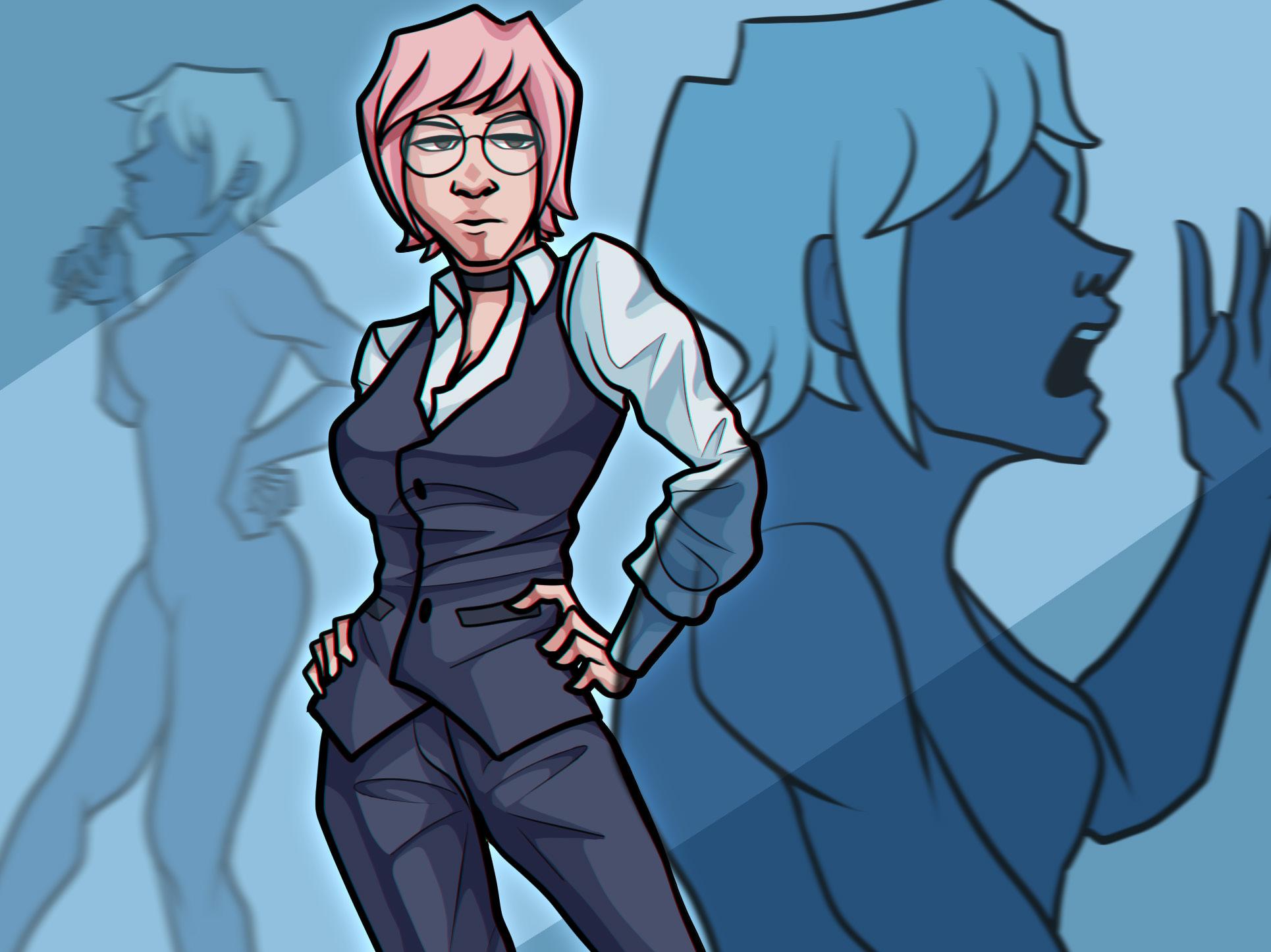
I mean, would you judge others based on what they can accomplish, rather than who they are? I doubt any of your friends or family’s most loved characteristics are the scores they got on exams, a sporting trophy or how much money they have. When it comes to other people, we recognize that outside appearances are the least important part of who they are. It is more important to live in a way that reflects your values. It doesn’t make sense to hold yourself to standards that you would never hold others to.
Those who love and care about us, care about who we are not what we produce. They care about making sure that we are healthy, happy and doing what is best for ourselves. They don’t push us to continually give
more of ourselves when we are physically or psycho logically exhausted. Even when it might be unbenefi cial to them, they encourage us to rest and take care of ourselves. Therefore, if we care for ourselves, we should think twice about pushing ourselves to our limits over and over again.
Don’t get me wrong, I think that it is good to take pride in actualizing your potential and improving your self. It is fun to get better at things, even if they are little silly things, like making a favorite. I’m just saying that the landmark of some significant measure of accom plishment shouldn’t become more important than your health and happiness. And it definitely shouldn’t become your identity. The process is the experience you will carry with you for the rest of your life, while external results are what others celebrate. At the end of day, the people who celebrate what you achieve, often won’t be there to help you through what you experienced.
11
“...we degrade all the work we have gone through in the past and push ourselves toward the next benchmark.”
BY CAROLINE SMITH TALL TALE
THE O-BITCH-UARY
THE TALE OF THE FALLEN COWBOY WHO COULDN’T OUTRUN OR OUTGUN HIS PAST
At high-noon on December fifteenth, famed cowboy and bandit Andres Leon was shot and killed during a stand-off in the town square. Andres had the average upbringing, here in the west. He was found as a boy in a ditch among tumbleweeds, not knowing where he was or how he got there. Only that he was Andres Leon.
The miners that found him sent him to go work in the gold mines. They told him, “It’ll be fun. You’ll get to explore the mines and do honorable work. The life of a miner is sought after and heroic. Go, go little boy, explore the mines and become the miner you were always meant to be!”
And so Andres was plopped into the gold mines. He would go into the smallest crawlspaces to look for gold. He would hunker down with a biscuit for lunch in the dark, damp corners of the mines. The boss of the mine, the 49er himself, the Prospector, wouldn’t let him out until he came back with gold. He would go days without seeing the sun, sleeping in a pile of rock dust and shavings. His only friend was the canary in the mine that kept whispering to him, telling him to run and escape while he still could.
He grew into a man in those mines, but still treated like the boy he once was. On one occasion, he stum bled upon some bones, much bigger than any rat or animal that could be in the mine. They were wet and splintered between stalagmites and he asked his boss, “Why, Mr. Prospector, why are these here bones so big? What are they doing here?”
And the prospector said with a chuckle, “Don’t you go ‘n worry about that.”
“But this one looks like it’s got one of our here mining picks in its bony hand. In fact, it’s got little over alls on over here. And little boots too,” Andres said, fearful at the area he further explored.
“Now see here, intern! You better hush up and do your job, or it’s back to the ditch with you! And you’ll become like little Timmy there,” and the Prospector went off with a huff.
Now, Andres had a decision to make. He couldn’t stay working for the old Prospector, not with these here working conditions. But he couldn’t go to the other miners for help either, they listened to whatever the Prospector told them, blind to the issues in front of them. They loved being miners.
Andres had decided to leave, knowing that he would be out of a job and forever be on the run from the miners and the Prospector. He made his escape from the mine and ran off into the darkness of the desert.
He knew of a town off in the East, but when the sun in the morning rose behind him, he knew he was lost. Without noticing it, a lone rider came up behind him. He wore all black and was cool as hell.
“What’re you doin’ out here, brother?” he asked. “I’ve run from the mines,” said Andres.
“Can ya ride a horse?” and Andres nodded, but he was lying. Regardless, the mysterious cowboy called for a horse and they rode off.
They had many adventures: wrangling cattle herds, protecting towns from bandits and picking up a posse of their own along the way. Andres’ posse was made up of westerners, artists, video producers, creative writing majors, Yuba city-ers, other ex-miners on the run from the Prospector and other people on the DSM-5.
There were many a time when Andres and his posse would have to escape the Prospector and his miner gang, who were relentless in trying to take ‘em down. The posse always got away, but the Prospector was not going to go away so easily.
That brings us to the final time that Andres and his posse stood off against the Prospector. They had been resting for some time at their ranch in Union City, spending their days in the saloon when they heard talk of big fancy carriages riding into town. Andres went to check it out; he met some big businessmen that demanded that their ranch and the rest of the town
would be plowed over to make room for a new gold mine.
Before he could start arguing, Andres turned to see a gang gather behind him. It was the miners, blindly following the Prospector.
“I finally got you,” the Prospector said. “You got nowhere to run.”
Andres was surrounded, yet he still reached for his gun at his belt. But before he could fire, shots rang out on all sides of the circle around Andres, and business men and miners fell among the crowd.
Jumping out from windows and behind barrels, Andres’ posse came out to support him. Though outnumbered, their skill was unmatched and the posse drove through their enemy with ease. Andres was ready to join the fight, until he was shot in the back. As he turned around, he saw the Prospector, holding the gun, being taken down by Andres’ dearest friend, the cool and mysterious cowboy.
As Andres fell, the cowboy caught him. “Well shit,” Andres said, “I guess that’s the end of all this, then.” He looked over to Big Tex, also known as Jensen Puckett as she kicked some miner in the stomach. He called her over.
“Jensen,” Andres said, coughing up blood. “You’re the wildest cowgirl in the west, that’s for sure, but you got bones of steel and you must lead the posse from now on. Can you do that?”
“Shoot, does a rooster cock-a-doodle-doo each mornin’?” Jensen said in her Texan way.
“I’ll take that as a yes,” and Andres died just like that, staring up at the western sun.
He was given a proper funeral by his posse, chucked off the tallest cliff they could find, and was remembered as he lived, “One hell of a cowboy.”
On his gravestone, Andres is quoted, saying, “Nobody quite understands what it’s like to be the fool, but the fool understands what it’s like to be nobody.”
12
zxcvbnmpo

qwertyasd
13 WILD WEST ISSUE 88.07 ILLUSTRATION BY CAROLINE SMITH
I LOVE MINNEAPOLIS BECAUSE OF WHERE IT IS GEOGRAPHICALLY AND NOTHING ELSE
THIS IS A STORY ABOUT HOW MUCH I LOVE MINNEAPOLIS
Over the summer of 2022, I went on an ASI sponsored flight to the University of Minne apolis for a convention hosted by the Asso ciated Collegiate Press. It was called the “College Media Mega Workshop.” Lord knows I needed it as I was going into my third semester as editor in chief for this magazine. It was a great experience. It was my first time traveling alone out of the state of Califor
nia, and it was amazing to be an unknown entity in a new city where I had never stepped foot before. The weight of who I was as a person. My past, my present and any worries of the future had dissipated for the five days I was shacked up in a dorm, alone.

I met interesting people there, people who I wish I had gotten to know more or had a chance of forming better bonds with. Forming long lasting bonds has

never been my strength. I’m a resentful and spite ful individual and my problem solving skills can be broken down into one key element, getting myself as far away as possible. It’s not healthy, it’s not smart and it’s outright self destructive, but by God it is effective.
One of my methods to making friends quickly in a new environment is to open myself to deprecating jokes, making a fool of myself in an attempt to make
14 BY ANDRES LEON DESOLATION
myself tolerable. This never ends well and is usually what sparks my resentment toward people, despite that I’m the one that creates that dynamic. I open the door slightly and people barge into my house. It’s a great read into whether or not people are assholes. If people are decent, they don’t push too far. However, I’ve found that it’s more common for people to inter pret it as an invitation to use me as a punching bag.
In Minnesota, I didn’t do this and it was beauti ful. I came as I was. I was a new person. It hurts to know that so long as I stay where I am, I’ll forever be the same person weighed down by who I’ve built myself up to be. I hate being known for who I am and I also hate not being known, yet I yearn so bad to be unknown. A cruel twist to this is that I feel unknown to myself. I feel as if I’ve spent years pretending to be someone I’m not. I still feel like the same frightful teen ager I was growing up. I grew up a bastard child, which isn’t significant, but it means I spent weekends with one parent, weekdays with the other. A constant back and forth. At some point I cut off all contact with one of my parents just because I was tired of their antics, yet they were the window into a younger version of myself. There are so many aspects of myself that are simply lost or unattainable.
Up until the age of eight, I had an aunt, uncle, their two children who I loved being around. I would always ask to be around them or to visit their house. They had asked my parents if I wanted to go to an amuse ment park with them, but I said no for some reason, so they took a younger cousin of mine. They all died in a car accident on the way there. Probably a reason why I don’t like going to amusement parks. Like that, another facet of myself forever lost, another reason why I’m so disconnected.
I can’t think of myself as a child, because I have no recollection of being a child. I don’t have any fond memories I look back on, I don’t have a smell that makes me feel safe. All I have is the memory of sitting in front of a computer screen for 10 hours a day minimum as a child. It feels like I grew up on the internet. I’m happiest when I’m sitting in front of a screen alone, which is mind boggling to me.

While in Minneapolis, our group advisor put us in groups of three to cover a fair in Minneapolis as a jour
nalism exercise. We had some down time afterward and sat at a bar and began to make conversation. I had trouble talking about myself or what I did, it was as if I never had a life before landing at the airport. I recently saw someone I hadn’t seen in a while at my birthday celebration.
I previously texted them that I had a lot to catch up on — so they had asked what happened in my life since we last talked. My mind went blank, and I couldn’t think for the life of me what had happened.
I always feel like I’m waiting for each moment of my life to pass until I reach a time where I’m content and happy. I’ve spent my whole life waiting for the next phase. I haven’t sat by idly either, I’ve always driven myself forward into the next scenario, clinging to any morsel of hope that I could find..
While at that bar in the fair in Minneapolis, I ordered my first drink on tap. The topic of the future after college came up, and the question of what we’re going to do after we graduate. That question never stressed me out, I don’t really care about what I do. I said that I planned on taking whatever job that would pay me a grand annual salary of at least $40,000 and pref erably not in the media. I was met with a “that’s cool, man, I get that,” which was extremely refreshing. A common response to me saying that is looking at me like I bombed the fucking Pentagon. I hate working in the media. There are too many egos.
I won’t say I’ve hated being editor in chief, but essentially that. It’s been the blind leading the talented. When I applied for this job in the Spring of 2021, I had one thing on my resume, working for Home Depot from 2019 to 2021. I was a cashier and eventu ally overnight freight worker. It was my first and only job, and there I was, interviewing for a managerial position with 22 West Media that required me to have talent. It was the semester we were coming back to campus as well, and I was handed a magazine that printed three times a semes ter with little to no plan, guide or know-how. How is someone who can’t remember their own life going to manage to be editor in chief of a magazine? Beats me. I feel like I can’t even remember most of this experi ence. I look at old pictures and videos of myself in this
job and I’m baffled that I’m still that person.
There’s a photo of me smiling while in Minneapolis, it’s a genuine smile and I look so happy. I look at that photo now feeling that same emotion of disconnec tion from that version of myself.
Now I’m leaving feeling like I’ve learned nothing and have just barely managed to scrape by. I have met so many people here worthy of so much more than student media, worth more than the mistreatment and mismanagement they face. I mean this broadly as well, no environment is free from assholes, low pay and low hours.
I don’t know if I’ll be able to look back on this whole experience as editor in chief. I had a lot of fun, but it all felt like a distraction from my life. A scapegoat to act busy. I thought I’d write this so I could remember the feelings, but I’m sure I’ll grow resentful of this as well when I’m ultimately ostracized for it.
15 WILD WEST ISSUE 88.07 ILLUSTRATION BY
STEPHANIE BRAVO
“Golly, I sure do love Minneapolis! The sun shines brighter here!”
asdf
lhta
“The people here are way nicer! That’s why I love it.”
asdb
DEMOCRACY DIES IN DARKNESS, HUMANITY DIES IN THE PRESS

In the fall of 2021, two significant things happened to me. One, I switched my major to the Department of Journalism and Public Relations. Two, I met Andres Leon. And since that point, I’ve witnessed both enti ties’ slow, painful decay.

As a token of my appreciation for him, I promised Andy that I would write a piece for his final magazine here at 22 West. He said that I couldn’t say that I’ll kill someone on here and I had to promise him that I wouldn’t do that either.
I first met Andy outside a coffee shop that was hosting a queer open mic. He was wearing his Colum bia zip-up jacket and the rectangular glasses he owned before he switched to the round malewhore ones. We were both imprisoned under 16 layers of irony at the time, so I doubt that either one of us would believe that he’d end up on the CSULB suicide watch list and develop a nicotine addiction a year later.
The field of collegiate journalism has heaved despair upon Andy and me respectively. We were both brought into this world under some kind of delu sion—I was herded in by the fear of going broke and the semi-naive pursuit of justice. Andy was bribed with pizza. (You can laugh.)
Two weeks into my debut in student journalism,
16 ROTTING BY REYN OU I AM FORCED TO CONFRONT THE HORRORS OF COLLEGIATE JOURNALISM ALONE WITH A COPY OF THE 2018 EDITION OF THE AP STYLEBOOK AND AN EIGHTH OF MARIJUANA
“I broke down and slammed my head on my bathroom faucet several times...”
I was trapped in a pit of alt-right protesters while trying to get footage of Biden’s visit to Long Beach City College. I was jeered at, harassed, and followed by white supremacists, Proud Boys and other people that reminded me too much of my parents. I devel oped mild PTSD that I had to seek treatment for and to this day, interviewing people on the street sets off a trauma response. I don’t think anyone on my team knew that, but they would’ve if they had asked me how I was doing instead of asking me to upload the footage.
Then for the six months that followed, I was chron ically misgendered and overworked to the point where in March 2022, I broke down and slammed my head on my bathroom faucet several times until my girlfriend had to forcibly pull me away. I had developed gender dysphoria so severe that I could no longer physically enter the newsroom, and when I told the manager this, he apologized for how “it had to come to this,” did absolutely nothing to address the situation, grad uated, and then got the rest of the newsroom drunk with bar hopping and parties. Like before, I think my team would’ve known this if they had asked instead of asking me how soon I could turn in my next video.
I bring these two incidents up because the one person who did ask me about them was Andy. Maybe as a journalist, it’s necessary to set aside compassion and care for the sake of getting the breaking story in on time. But Andy wasn’t a coworker—he was a friend. I only realized how bad it was when I saw the look on his face. It didn’t go away for the entire duration of the party where I decided to trauma-dump my issues. Anyways, I was able to quit that job with his help, and now I work here at 22 West.
I wouldn’t necessarily call myself a public servant, a pursuant of truth or really anything remotely redeem ing that’s used to describe a journalist. As previously mentioned in an interview that was far more jaded and depressing than I was prepared for, I’m here because I needed a job and had a natural propensity to hate how everyone else was doing theirs. So speaking as someone with no attachment to any of the work I do nor faith in its impact on society, I really fucking hate this.
I’m a terrible journalist. I really am. I hate the pseu dosocial nature of social media, I couldn’t care less for the First Amendment—or any farcical piece of Amer ican legislature for that matter—and most of all, I hate
consuming and producing multimedia content. I have
from
I am
multiyear neurotic
enjoy
mirthless hypercritic that is prone to both
have abso
a quota. When that wasn’t enough, I used my friends and loved ones.

Appropriation seems to be the common thread in mainstream journalism. One of my first introduc tions to journalism was seeing NBC4 stake out my friend’s house after finding out that she was the niece of a mass shooting victim. Every time I go on Twitter and see a victim’s post during a national tragedy, I see dozens of reporters hounding the replies before the bodies have even hit the morgue.
lutely no desire to engage with western neoliberal ism. But in a grand sweep of narrative irony and lack of foresight, I have established my career in journalism and film, the two tenant pillars of the apparatus that is U.S. state propaganda.
I now spend my time listening to people legitimize the government and its agents and exhibit some of the worst media literacy I have ever fucking seen. Seri ously. Like you guys should be genuinely scared of the people who are going to be your media pundits in the future. These fuckers are unironically reinventing COINTELPRO in their discussion board posts.
Meanwhile, I have $16 an hour to my name and sit upon a mountain of videos, articles and podcasts that I don’t have the shame to take pride in. I based a good amount of these on very personal experiences that I had no choice but to exploit as content to fulfill
Let’s stop pretending that our practice as jour nalists is to serve a greater moral purpose when the entire model of mainstream journalism is predi cated on immediacy, trauma porn, and pay-per-click propaganda. There is no honor in replying underneath a grieving mother’s wail for help on Twitter for a quick headline that is yet to be buried under more headlines. There is no way to codify ethics into profiting off of people’s tragedy.
There is a small part of me that really wanted to enjoy this. There is a small part of me that really wanted to believe that I’m contributing to the commu nity and “spreading awareness” and “informing the public.” But when the money I’ve made off of other people’s lives enters my bank account and I see yet another classmate advocating for global south regime change, all I can ever really think about is just how relieved I am that Andy is finally able to leave this all behind.
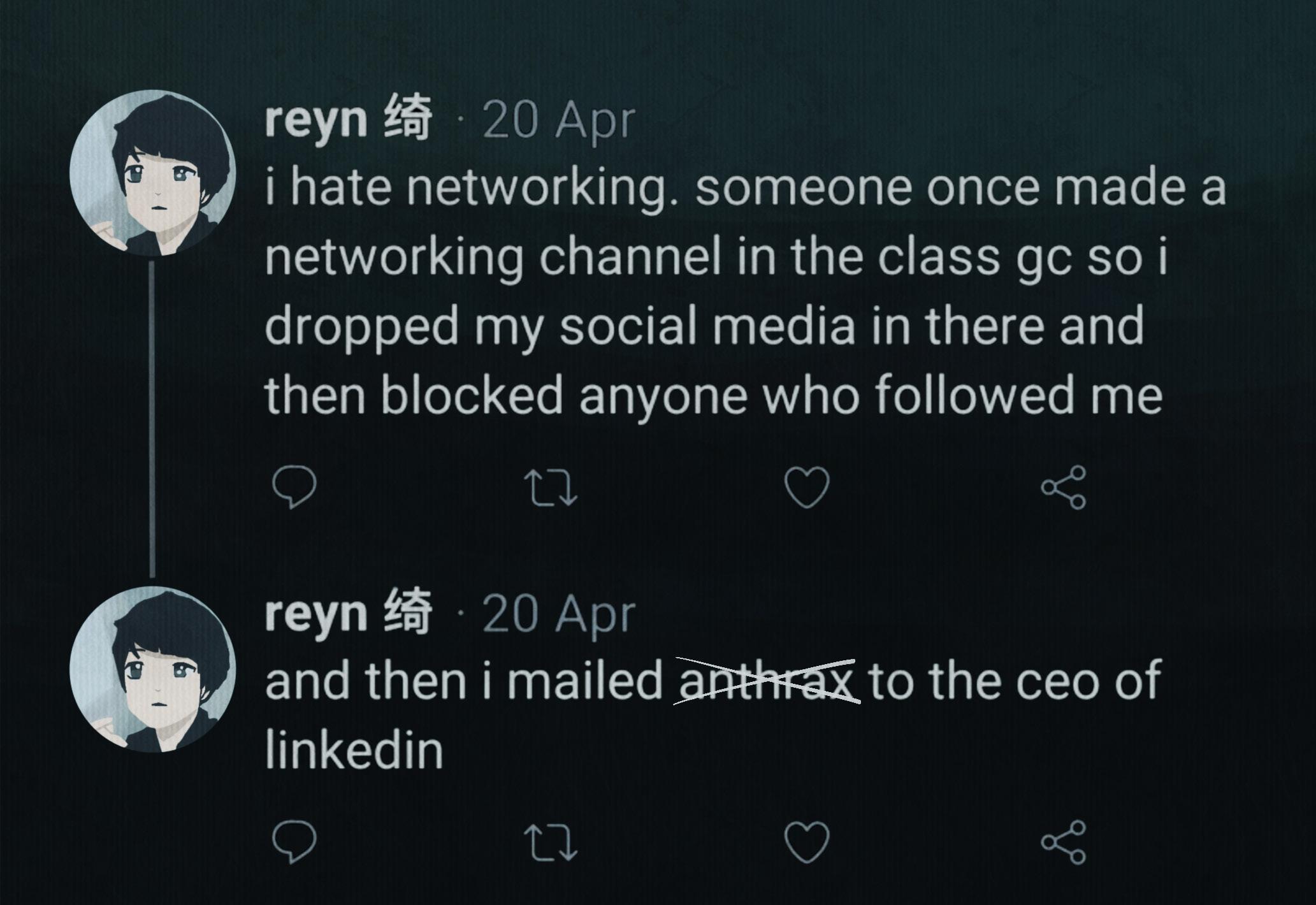
17 WILD WEST ISSUE 88.07
ILLUSTRATION BY REYN OU
“I couldn’t care less for the First Amendment— or any farcical piece of American legislature for that matter”
been recovering
a
breakdown that has resulted in me being unable to
a piece of long-form media since I was 17.
a
sensory and information overload and I
NAVIGATING MY MENTAL ILLNESS WITH CAPS
THE EXPERIENCE OF SOMEONE WITH A SERIOUS MENTAL ILLNESS AND CAMPUS RESOURCES

Navigating one’s mental health can be a labo rious journey into a frontier of fear and terror as one goes not forward, but inward. For some of us here, being outside of one’s household for the first time allows for introspection not previ ously afforded. For others, it is only another step in the long journey of managing a mental illness. LBSU provides resources for us here, and some can enjoy relief, albeit for the time they are enrolled here. For many mental health care is vital to access, but is gatekept by wealth inequality. This finely illustrates why the quality of mental health care we receive on campus should be managed well. It is a vital resource we all benefit from with our tuition money. Counseling and Psychological Services (CAPS), located in Brotman Hall, is the department that manages mental health care services, but what is the quality of such care? Is it enough? And is the student populace even aware, let alone confident enough, to access such resources? These are ques tions that should be asked as managing our mental health isn’t something that should be taken lightly, because for many of us it’s a heavy weight to carry. A weight I am managing.
Before I arrived at LBSU, I had gotten into contact with a case manager as I had recently run from my parents. I was moving into an entirely new envi ronment as I had spent almost my entire life in Palm Springs. I knew I needed resources. Eventu ally, when I moved to campus I got into contact with CAPS. I needed therapy for PTSD caused by sexual abuse I experienced as a young child. After my first appointment, I was referred to trauma counseling by the Student Health Center (SHC) as CAPS wasn’t equipped for the counseling I needed. I continue to go to trauma counseling by SHC to this day because my trauma isn’t limited to six sessions, which is what
each student is allotted per semester. I am fortu nate enough there doesn’t appear to be a limit to my trauma counseling, as my issues are all long-term. It would be impossible to manage classes, let alone my life, with only six sessions to cover my profound trauma. Especially since I’ve had to switch therapists before, and knowing I have to risk one of my uses would make it seem daunting to try an entirely new system of therapy. Nevertheless, consulting with mental health services always trumps foregoing them because one is too anxious to contact them.
When I first arrived here, I had trouble sleeping. Every little noise kept me on edge and it often took me half an hour or more to fall asleep. I was fearful every time I heard my suitemates use the bathroom. I would sometimes wake up from awful nightmares, and I was fearful of becoming close to anyone because I didn’t want them to hurt me. Sometimes when I’d get triggered, I’d spend hours in bed just lying there and crying. The entire world was enveloped into fear for me, and I had to navigate through it. Unbeknownst to me, I had been suffering from severe hypervigilance for my entire life because of the abuse I experienced as a child. This made being vulnerable with anyone an extremely difficult chal lenge as I wanted to avoid being harmed at all costs. Even telling the therapists was hard at first, because I was afraid I’d be involuntarily committed. I realize now opening up and asking for help was the best choice I could have made for myself.
Though I still struggle with some aspects of my PTSD, it has gotten better thanks to the professional care I’ve received. I never once felt like my trauma counselor, the case manager, or the counselor from CAPS did not take my plights seriously. I have never felt doubted, nor felt like I wasn’t listened to. I am the most thankful for as dealing with therapists who gate
keep is a stressful situation, especially for someone like me who wasn’t even aware of their own PTSD. Even more so as my mistrust of strangers would only get worse if I were to have a bad experience with the psychological services offered on campus. Those who give therapy to people who are in their most vulner able state should be experienced at doing so, as the wrong words can create more barriers someone must struggle with. This issue can be made even more harrowing when one is Queer, as bigoted therapists do exist. I have felt completely safe and welcomed by the counseling services, and I especially appreciate that they do offer counseling for transgender-specific healthcare.
The journey of my mental health has been a path that has led me through the nightmares of my past and the relieving promises of the future. As daunting and as nerve-wracking as it is to ask for help, it’s the best decision I have ever made for myself. Though it is painful to dredge up old struggles, the relief from doing so makes it all worth it. I couldn’t have made this progress without the efforts of my trauma coun selor and the resources provided by CAPS. Though they are more equipped for short-term counseling, the infrastructure is in place to delegate long-term cases, like mine, to specialized trauma counselors or to off-campus therapists.
I understand the stressors of juggling college, coursework, jobs, a social life, extracurricular activi ties and everything else between. Mental illness is an extraordinarily difficult task that sees many struggle beyond what they are capable of handling on their own. It’s a sensitive line between managing life and spiraling downward. It’s why I recommend CAPS to all my friends who are struggling with anxiety or depres sion or stress, although I still advise them it’s better to find long-term counseling. Self-care is warfare, and we should use all the tools we can to stay alive.
18 WILD WEST ISSUE 88.07 BY VIVIEN GRAY VALOREN STUDENT LIFE
ILLUSTRATION BY ARIELLE ZEPEDA
“The entire world was enveloped into fear for me...”

YOUR ACTIONS DON’T DEFINE YOU
HOW I AND FIVE MEMBERS OF A SUPPORT GROUP DEAL WITH OCD
When you look at depictions of obses sive-compulsive disorder in the media, it’s typecast as a cleanliness or check ing disorder, i.e. washing your hands more times than necessary, checking if your stove has been turned off multiple times. But while those themes are valid, there’s other types of the disorder that are lesser known by the public. OCD, defined as a mental health disorder in which people have recurring, unwanted thoughts, ideas, or sensations (obsessions) that make them feel driven to do something repetitively (compulsions) to the point of interfering with daily life, includes common themes such as relationship OCD, existential OCD, moral and religious scrupu losity OCD and real event OCD. Different themes of OCD are rarely mutually exclusive; most sufferers have more than one theme.
I have OCD myself and my main themes are real event and moral scrupulosity. It started when I’ve done and said a few things that I regretted over a year ago and I began to obsess on whether or not I deserved eternal damnation. It was awful. I spent days in bed, just ruminating over the incidents, asking myself questions: Should I be punished more harshly? Am I an inher ently evil person? Should I confess my transgres sions to my loved ones?
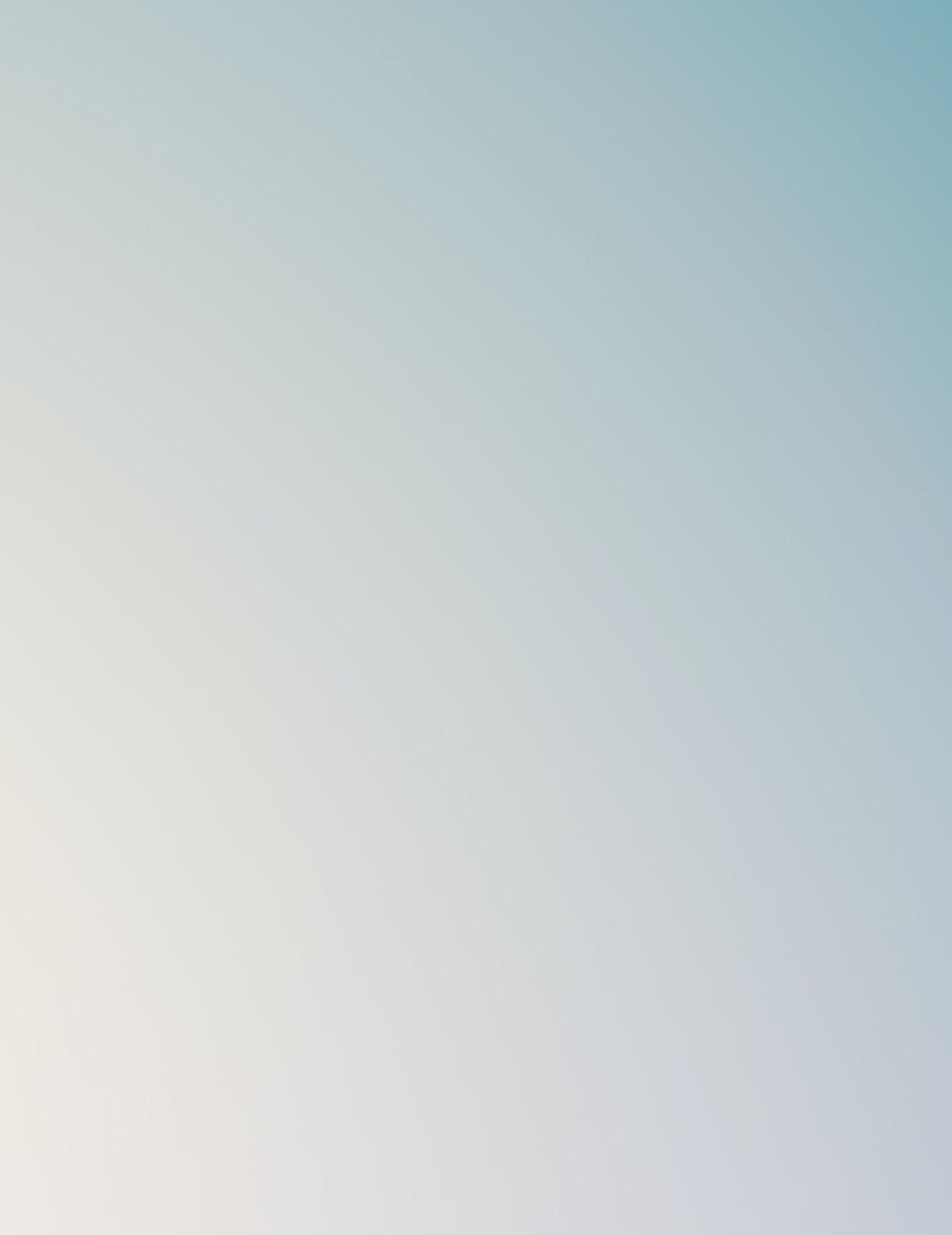
I began googling these questions and what I should do and it was on the Internet that I learned about the depths of OCD. That it was not just an obsession with washing your hands but a whole different monster. But despite the depressing outlook, I discovered endur ing hope. OCD sufferers have one of the strongest communities in the world of mental health out there.
There are multiple online support groups for multi
ple themes of ocd on platforms from Facebook to Discord to Whatsapp. I joined a few support groups and one that stood out to me was a 35-member strong Whatsapp group. The diverse group members come from all walks of life but all suffer from real-event OCD. I felt so loved by these people that I decided to write an article about them and their struggles. I hope to help other people who suffer or think that they are suffering from OCD to realize that they’re not alone. Five members in particular (with names changed to protect privacy) wanted to tell me their stories in their own words and how they dealt with this monster. These are their stories:
Mary, 29, Graphic Designer, Philadelphia, US: “Real-event OCD (REOCD) has affected me more than any other theme of ocd I have lived with. It influ ences how you live your life, even down to the smallest of things like brushing your teeth. One day when I was experiencing a wave of panic with my REOCD, in an act of compulsion I googled my thought process and stumbled upon the REOCD subreddit.
I was relieved to see there was a group chat, and setting my social anxiety aside, I decided to join. It was one of the best decisions I could have made because living with a mental health condition that makes you feel alone, I found a community of people who understand everything I go through. Nowadays, I manage my OCD a lot better with the help of the chat and the support it provides. I think it’s important to have people you can relate to when it comes to living with such a debilitat ing condition.”
Fabian, 26, Actor, London, UK: “OCD really wrecked havoc upon me for at least half a decade, I never used to date, go out; OCD blackmailed me into
a debilitating silence.
The support group has helped me as it’s a really safe supportive space in order to vent my frustrations and emotions of coming out of debilitating levels of OCD. I’m dealing with my OCD great actually, it’s the after effects of the condition that have been the hard est my lack of proper education hits me hardest the most but it’s balanced with a bittersweetness as whilst my life became incredibly small due to this condition now it’s getting bigger again and I’m gladly reclaiming my life again.”
Amy, 33, Social Worker, Lisbon, Portugal: “Realevent [OCD] have significantly impacted my life. It got to a point where I couldn’t work and was barely leaving the house. It turned me into a recluse and most people who know me know that I love people and being social so it was deeply distressing.
I don’t actually remember how I found our group, but I found us when we were just starting out. It is beautiful to see what we’ve grown into. It has helped me tremendously. I always say that shame keeps us sick, and in our group I have found a home with people who understand me and accept me just as I am. I am not glad that others have suffered the same pain as me, because I try not to wish suffering on anyone. But it has made me feel so much less alone to hear their similar experiences, and through feeling so much compassion for the struggles of the other people in the group, I have begun to find the edges of compas sion for myself.”
Carolina, 21, Psychology student, Rome, Italy:
20 STUDENT LIFE JOSHUA BIRAGBARA
“I spent days in bed, just ruminating over the incidents, asking myself questions.”
“After months of isolation, self-hatred, being convinced that everyone hates you...”
“My real-event OCD started in the middle of my OCD recovery journey. I’ve struggled with many themes in my life, and I was specifically recovering from rela tionship OCD and checking OCD. It was seven to eight months of daily panic; I lost all ability to function which delayed my graduation by six months. I’ve felt a lot of grief for all the progress I’ve made and lost because of it.
My health also has suffered a lot of conse quences: since I was unable to do anything in the first few months, even walking the stairs became very hard work for my heart that was having palpitations all day. The immense anxi ety caused me also to have daily headaches, hair loss, muscle aches from the built up tension, and my concentration was/is completely lost. I found this support group through the subreddit for this subtype of OCD, and it has quite literally changed the course of my recovery. I started making progress so much faster, some thing that also my ther apist has noticed. I think this is because of the pure love and acceptance that oozes out of everyone in the chat.
After months of isolation, self-hatred, being convinced that everyone hates you, finding people that welcome you with open arms and are always available to listen, encouraging you is moving in a way I can’t really convey into words. You finally feel like you’re not battling this alone, but that you have an army behind you. Judgement is completely thrown out the window, and the only focus is supporting each other to have a fulfilling and thriving life. I feel like having these sorts of spaces is crucial for OCD as
it is a very stigmatized disorder, and we often feel like we can’t open up about it because of all the miscon ceptions or ignorance people may have about it. As of right now, I’m managing my OCD by having therapy sessions weekly with a CBT-trained therapist and I’m currently considering medication. I would say that I’m still deep into the trenches of OCD, but I feel more supported and held than ever, and I think these tools will go a long way in my journey.”

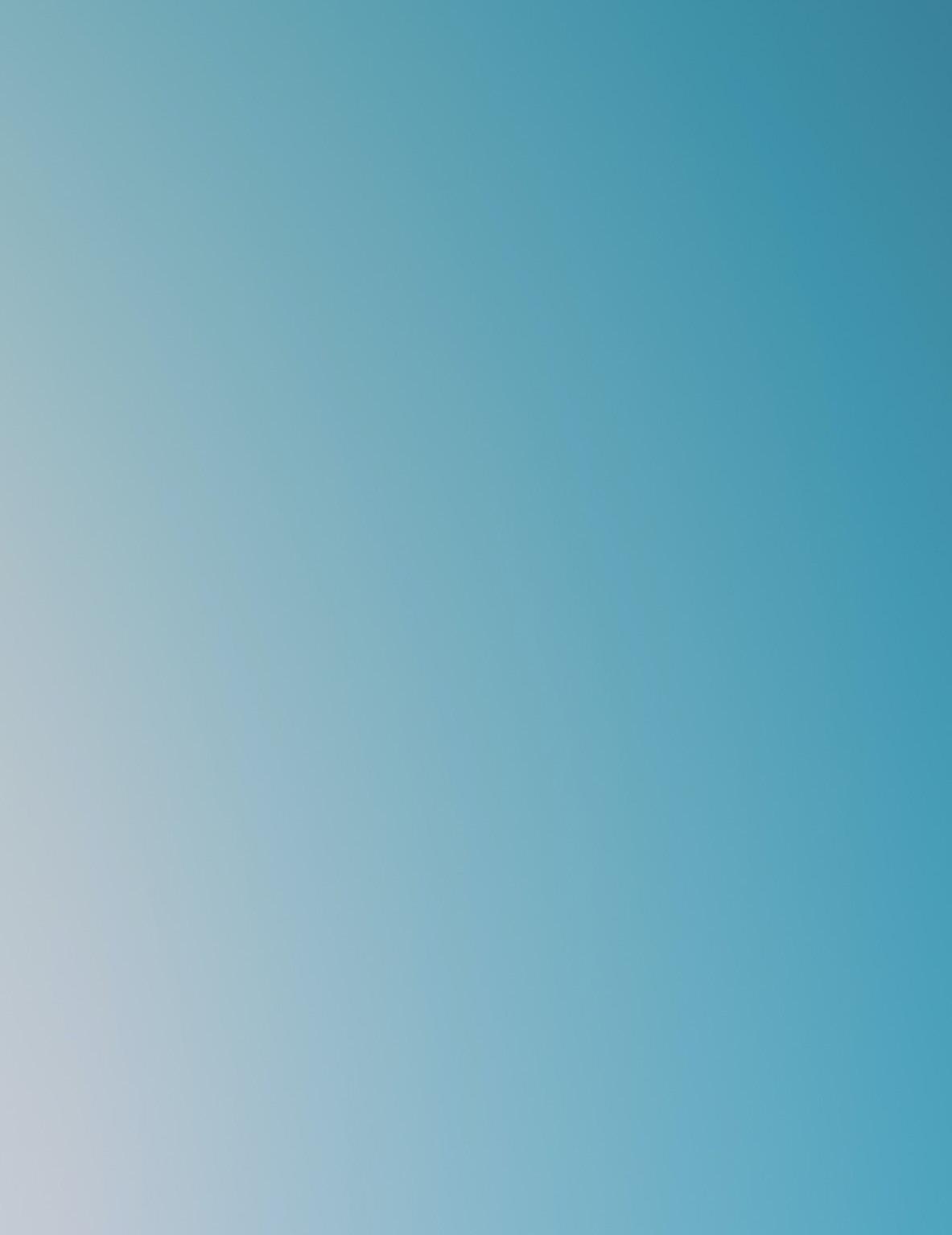
Cristina, 20, Artist, San Jose, US: “To begin, hello to whomever is reading this. I am glad you have found this. What follows won’t be something light but this is my journey so far and my experience with real-event OCD and of course how I met others like me.
Real-event manifests itself from past mistakes. REOCD is the extreme all-consuming guilt [when] the sufferer deems themselves the worst irredeem able human, and least deserving of life. Even if a sufferer knows they have OCD they could deny they
do because REOCD is based around real events, not an irrational fear, [so] finding help can be so hard… it does not help REOCD tells us we can not possibly deserve kindness, our family, or help. Which is why I am so beyond grateful I have discovered what REOCD is and others who unfortunately also have it. I had found the current Whatsapp support group through a REOCD subreddit, they have been beyond helpful in my treatment… they would help me with is distancing myself from my disor der by seeing how I’m not alone. I am still nowhere near a healthy place with REOCD but I am so much better than I would be had I not met so many wonder ful humans who also have my condition.”
Through the stories of these five people from different walks of life and countries, you saw the face of courage and love. I saw the bonds that this community had through fighting real-event OCD and I wanted every part of it. OCD pauses and even shortens lives but one of the best therapies revolv ing this mental health disorder is through finding a village that supports you every step of the way.
For more resources on fighting back OCD, see https://www.treatmyocd.com/
21 WILD WEST ISSUE 88.07
ILLUSTRATION BY RJ NIETO
BY SOFIA CARLOS IN PAIN
LIVING WITH CHRONIC PAIN
A COLLEGE STUDENT WITH A CHRONIC CONDITION
Out of every way I had imagined my college experience would be, sitting in the wait ing room of a rheumatologist’s office surrounded by baby boomers was not one. Having a chronic condition like fibromyalgia, this is where I find myself every six months to check in with my doctor. Walking into the office is always the same experience. The receptionist at the front desk looks confused and asks me if I’m in the right office, I say yes. I pass the time by playing Tetris on my phone, occasionally look ing up as I’m met with stares from old people. Being that I’m the only young person in the room, I assume they’re trying to figure out why I’m at a rheumatolo
gist’s office. I don’t blame them, for the longest time I was too.
Like most people with chronic conditions, it took a couple years for me to get an official diagnosis after the symptoms began. I had just finished my first semester of college, so I reduced my feelings of exhaustion to a busy semester. However, when the new semester began a month later everything got worse. I was even more exhausted than before and experiencing random episodes of widespread pain. After going to the doctor, I got a call a week later telling me I tested positive for antinuclear antibodies. This meant I could possibly have an autoimmune disease.
So, off I went to the rheumatologist.
I knew what I was experiencing was serious when the doctor ordered tests for conditions and diseases I’ve never even heard of. I must have had at least a dozen vials of blood drawn, even the woman drawing the blood let out a surprised “oh” when she saw how many vials needed to be taken. Waiting two weeks to get test results was nerve wracking but getting the call proved to be even more stressful. Every test came back negative; everything was fine according to the tests. I couldn’t help but feel relieved and disappointed all at once.
I was glad to hear I didn’t have an autoimmune disease but had no idea what was going on with me. I still had symptoms; in fact, they were getting worse. Maybe it was all in my head. Maybe everyone is in pain and tired all the time. I was gaslighting myself to ratio nalize the fact that no one knew what was wrong with me. It was easier to cope this way. I kept going to the doctor, the tests continued to come back negative. Throughout this time the chaotic mix of the pandemic, school and the 2020 election season kept me distracted from fixating on my own health unraveling. Remote classes proved to be beneficial in my case. I felt horrible most of the time, so being able to stay in bed with a heating pad to ease my pain was ideal. If classes had been in person, I’m not sure how I would have been able to keep up. I was in a state of limbo.

I felt like my body was shutting down but on paper nothing was wrong with me. I couldn’t do anything but monitor my symptoms. That was the most frustrat ing part, the waiting game of watching my symptoms come and go. One week I’d feel normal, almost like my old self again. The next week I couldn’t even sleep
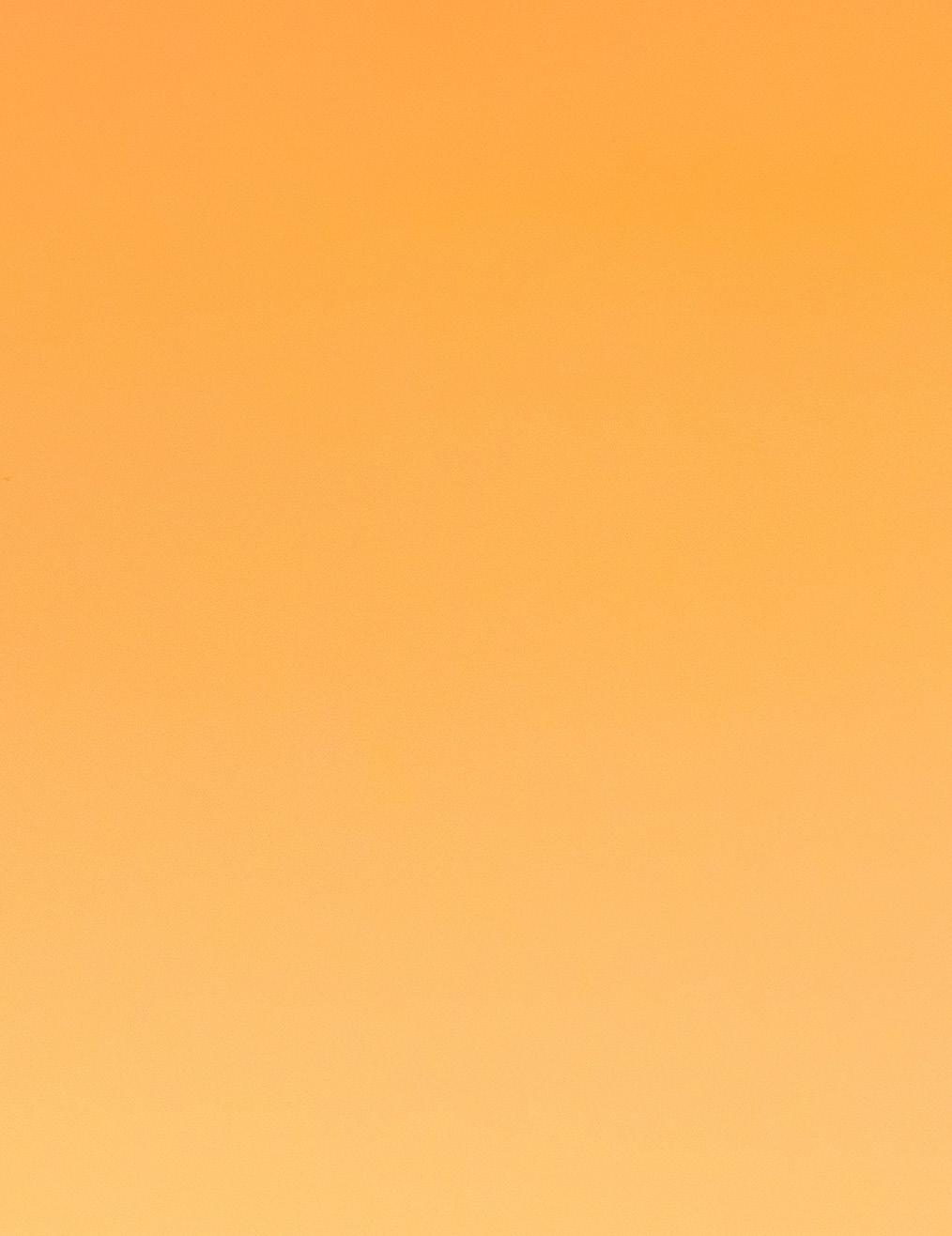
22
“I felt like my body was shutting down but on paper nothing was wrong with me.”
pytulprlg
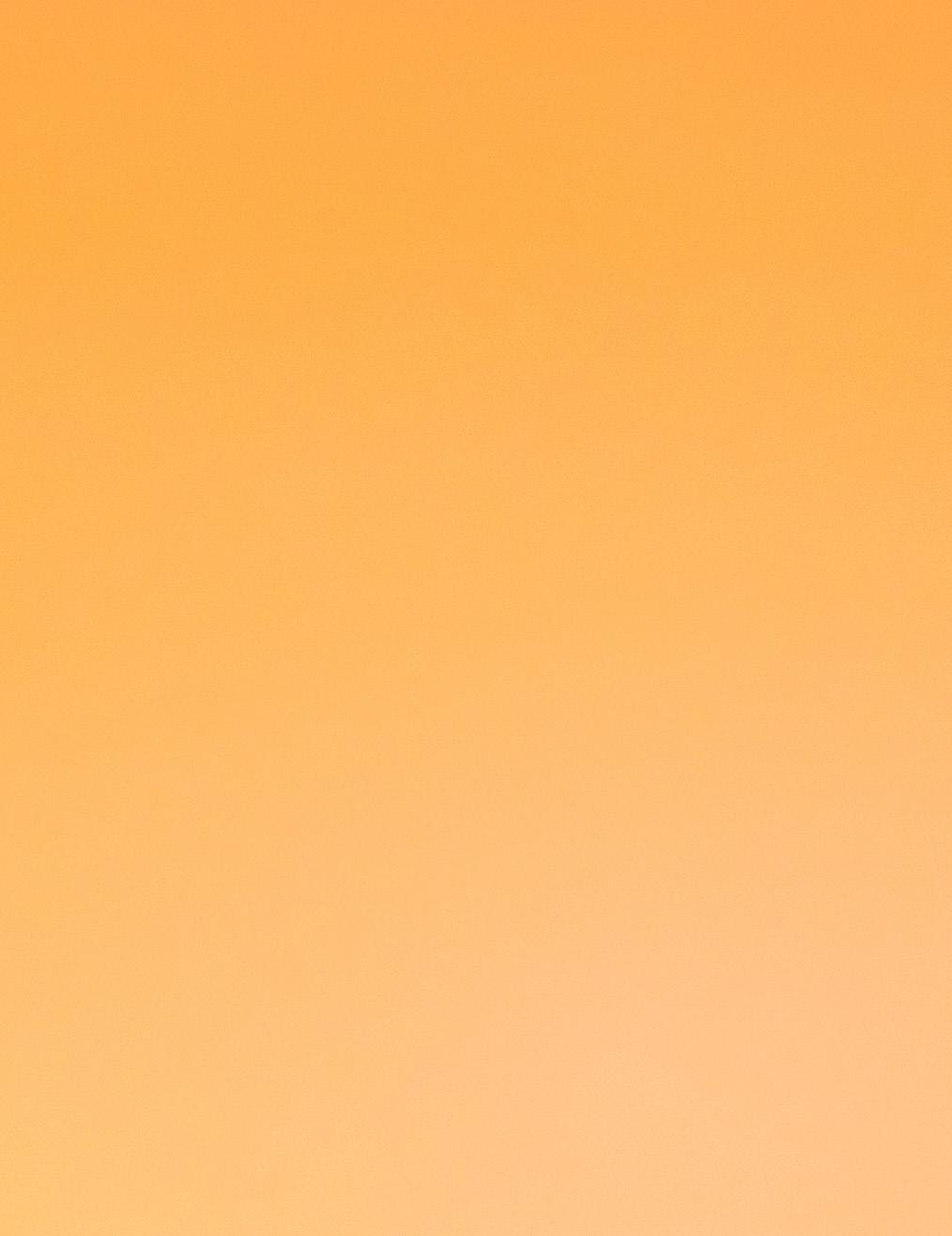
of listening to them. I’ve been learning to work with my chronic condition and pain instead of exhausting myself fighting against them. It hasn’t been easy but it’s necessary to move forward with my life as best as I can. I still hold hope that there will be more research done in my lifetime; maybe even a cure will be found. For right now though, all I can do is learn to live with what I have and make peace with my health. without being woken up at night with pain taking over my body.
Almost two years later I was diagnosed with a chronic disorder called fibromyalgia. After googling what it was, the diagnosis made sense. The wide spread pain, fatigue and flu-like feelings were all symptoms of fibromyalgia and what I was feeling. The diagnosis gave me reassurance that what I had expe rienced for two years was real, not just in my head.
Even after being diagnosed with fibromyalgia, I found myself stuck in a state of anger and frustra tion for the longest time. Strangely it was directed at myself. I felt like my body had betrayed me. Instead of my mind and body moving in synchrony, they had become separated, foreign to each other almost. In my head, I could still live my old life, my body flourish ing on minimal sleep with caffeine constantly coursing through my veins. I could pull all-nighters and go out the next day feeling fine. That’s gone now. Maybe I’m being overdramatic, but it felt like the life I thought I was going to have just left unannounced, without warning. Being preoccupied with school and other responsibilities, I didn’t have time to fully process or accept this. I guess now I’ve finally had the time to come to terms with everything.
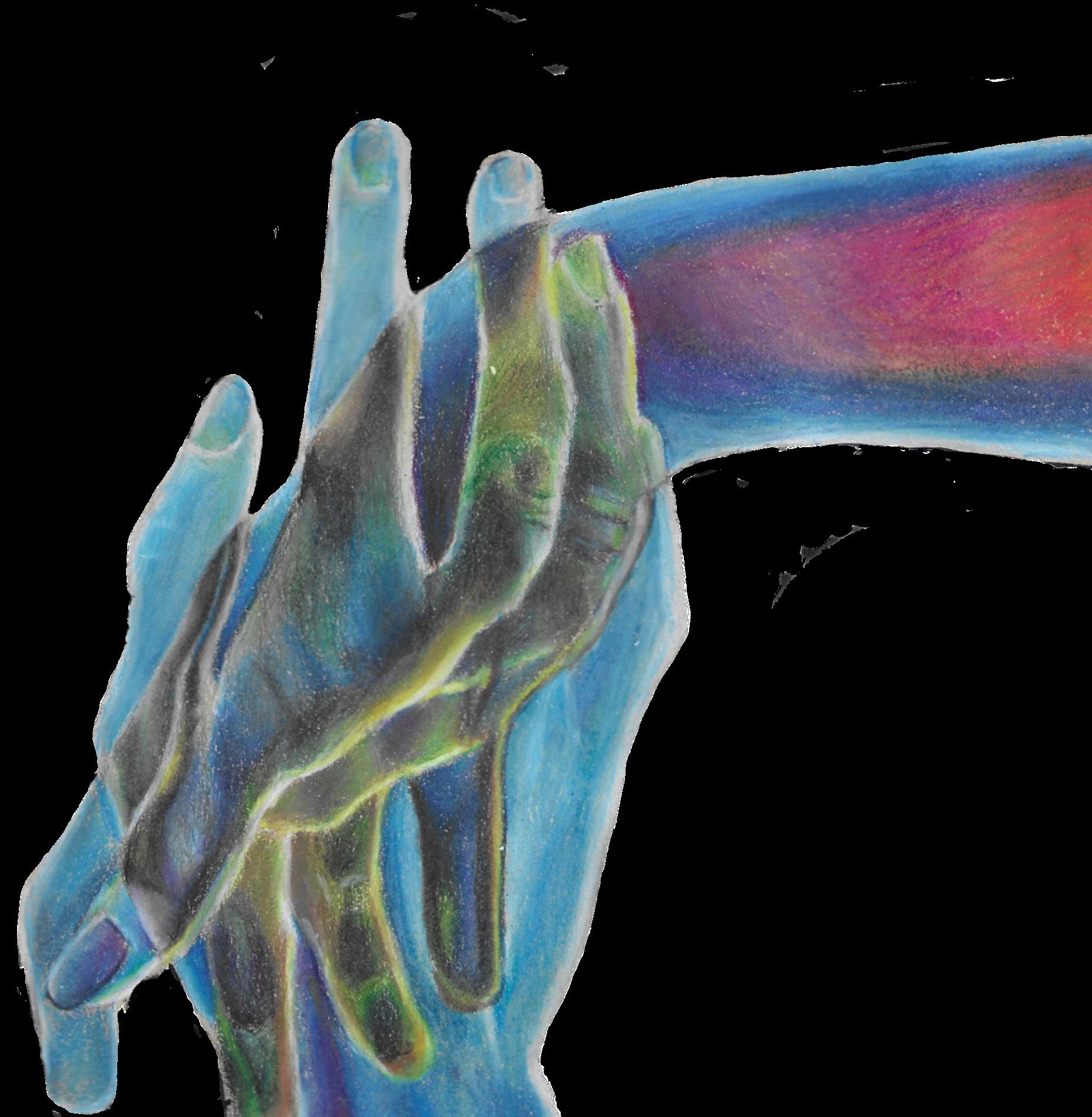
I’ll admit it’s been a struggle to change my mind set and lifestyle. I still find it difficult to recognize that I have a chronic condition. In my medical file it lists fibromyalgia, but I struggle to see myself as someone living with a chronic condition and chronic pain. It’s something I’m working on. I’ve accepted that I have a chronic condition, but I think I haven’t fully recognized I’ll live with this for the rest of my life. Fibromyalgia isn’t
a progressive condition and I’m grateful for that, but the thought of it being lifelong is a lot to take in. It’s already stressful enough to think of what I’ll be doing 20 years from now, let alone how I will be doing. Will my symptoms be better or worse? Will the medication I take still be effective? It’s these questions that fill my mind when it drifts to the topic of my health. Before I address the future though, I have to be able to accept the present.
I’ve been in pain a lot lately. It always gets worse around this time of the year. The weather gets colder; finals season causes stress which in turn causes my symptoms to flare up. Each winter I get more famil iar with what my body is trying to tell me. The previ
WILD WEST ISSUE 88.07 ILLUSTRATION BY
PHYKE SORIANO
“I found myself stuck in a state of anger and frustration for the longest time.”
FEATURE BY JADYEN ARANA
AN UNPROFESSIONAL GUIDE TO FULFILLMENT
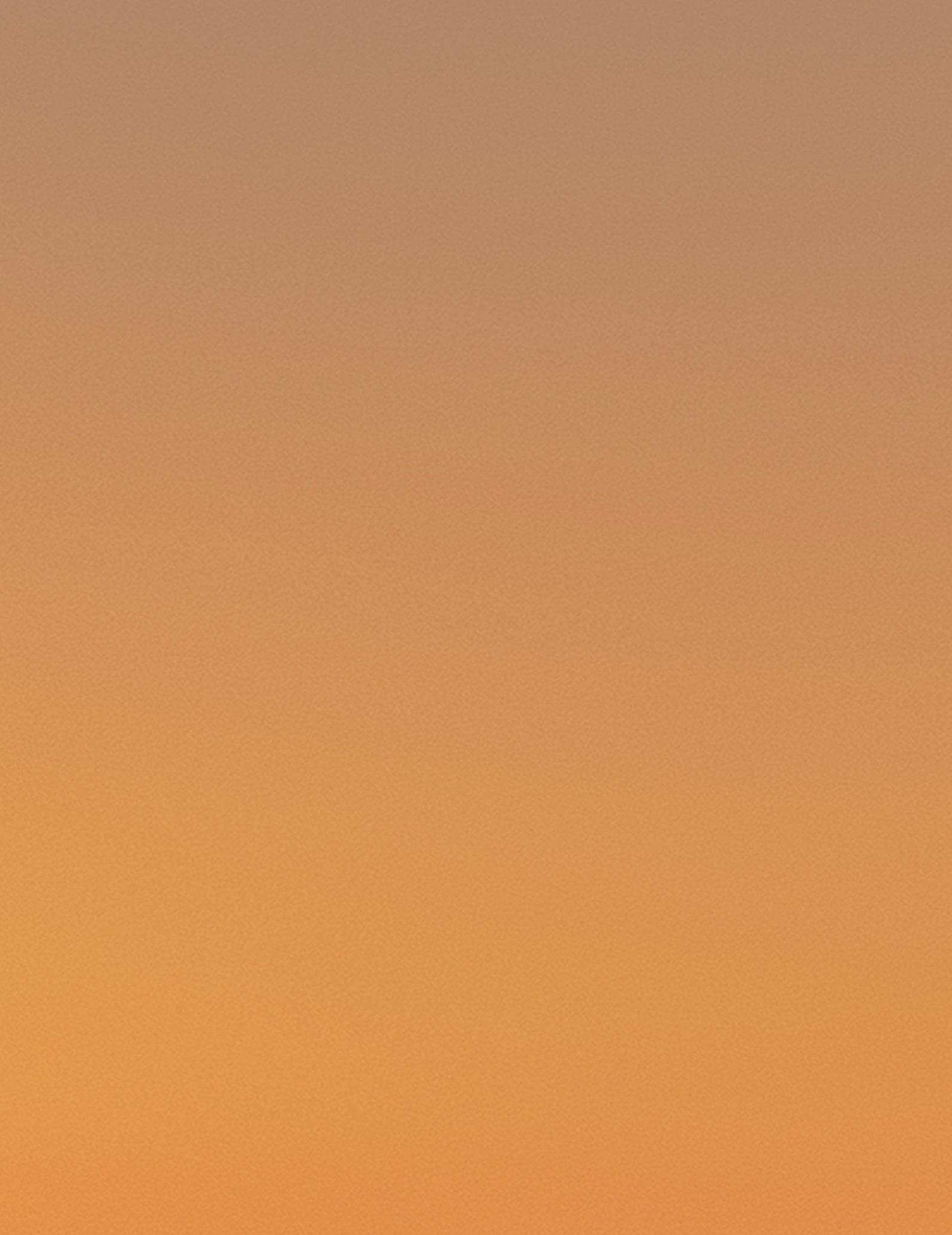
YOU’RE NOT THE PROBLEM, I PROMISE starts to warm up again.” Not to be corny, but going into this whole theme of blossoming into who you want to be and attaining the expectations you set, let’s pretend to be cherry blossoms. Like flowers, we have similar personal growth cycles and can bear the fruits of our growth. Limiting ourselves out of fear or any other reason will only trap us and hold us back from reaching our full potential.
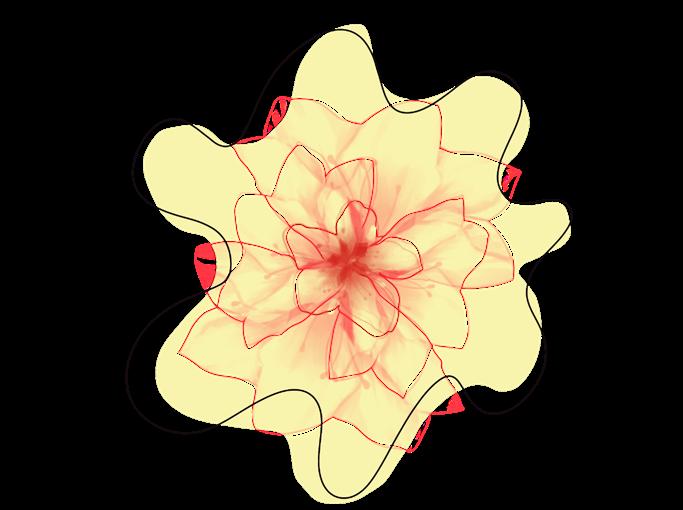
Woohoo! Another year of me setting unre alistic expectations only to abandon them a couple of weeks into January. Sounds great. Like you, year after year, I’ve tried tell ing myself I’d change for the better, that this next year I would be unstoppable, awesome and totally badass. Cut to me in pajamas, frizzy third-day hair and stress ing over the best of life’s trivialities. Yea, reality kicks in pretty quickly, and expectations seem unattain able. Still, even now, I’m expecting a major glow-up or life-changing moment that turns my life around by the time I’m 30. If it doesn’t happen this year, I’ll just do it next year. Sound familiar?
I asked a couple of people what they thought about their goals and expectations from the past year. Linus, a second-year computer science major, said that he had difficulty balancing his work sched ule with school. He felt like he had little time to rest and take a breather, but is proud of what he was able to accomplish. This past year his goals were to “be more positive and accepting, grow in his relation ship, find a job and get better at basketball.” Linus is content with attaining many of his expectations and looks forward to his continued growth. On a relat able topic, Gisel, a marketing major, said she wanted to stay motivated and patient this year as she tried to overcome the hurdles of college. Gisel struggled
and felt that “sometimes it can be hard to not react to certain stuff because everyone has different ways of doing things.” She marks her growing patience as an accomplishment and knows that she has been consis tently improving.
On a side note, as individuals growing up in an overpopulated and exceedingly competitive society, it’s easy to sell yourself short and not recognize your accomplishments. I’m a victim of being my own worst critic, so I can relate to being patient, even with myself. Going back to student thoughts, Jammel, a third-year anthropology major, said something most could both relate to and find insightful. When thinking about his goals and reflecting on the year, Jammel said, “I defi nitely accomplished a lot of goals, I worked out, got a boyfriend, got a job and got my license. Honestly, the only thing stopping me was where I was at in life. After accomplishing these, I am actually happy. This is where I have wanted to be for a long time.”
For many students, the stress of classes, work, rela tionships and responsibilities comes crashing down, keep ing their minds enclosed to strict schedules, fast-paced living and getting by on little to no sleep. This survival-like lifestyle leaves limited room to step out of our comfort zones. More than often, we hold ourselves back from tapping into who we are, who we want to be and from reaching out for what we want for ourselves. Now, I’m in no way trying to tell you to get off your ass and get a move on. I’m not judging you here. Trust me, I’ve got a lot of self reflecting to do too.
We all go through different processes at our own pace, but it feels nice to start a new year feeling better than the year before. The cherry blossom symbolizes “renewal and rebirth, as winter ends and the world
I’m no professional, but I feel confident in saying that the steps to boosting your chances of reaching your yearly goals and expectations are to (1) take into consideration your current lifestyle and plan accord ingly; (2) have someone or something to keep you accountable; (3) act like you’re the person you imag ine yourself as 5 years from now and; (4) don’t be too hard on yourself, you are human, after all.
I can’t guarantee any overnight transformations by following these steps, but that really isn’t the point. If the majority of the reason why we don’t bloom into the person we want to be is ourselves, then it isn’t a transformation based on how quickly we change, but one based on a change in mind set. To quote Taylor Swift, “It’s me, hi, I’m the problem, it’s me” (Anti-Hero).
As preparation for the upcoming year, look back at your lifestyle from this past year. Think about the feelings you experienced, the habits you developed, and your schedule. Then work with that to set real istic goals and expectations. I’ll do this as an exam ple. This year I felt decent but had a rough time when stressful situations got the better of me. I made a habit of procrastinating when I usually don’t. To aid myself mentally next year, I’ll make an effort to take breaks and pamper myself hence, motivating me to keep working till my next break.

24
asdasdzxc

Have a friend, parent, your social media following or anyone keeping you accountable for what you have or haven’t done. This past year, my boyfriend was consistent about reminding me to drink less caffeine. I have a crippling addiction to Guayaki Yerba Mate;
the Bluephoria flavor to be exact. I cannot begin to describe the love I have for this enlightening energy drink filled with all my replenishment needs. I’m getting sidetracked now, oops. But in reminding me to cut back on the yerb, my boyfriend helped me stay on track with lowering my caffeine intake.
Okay, imagine yourself 5 years from now living your dream life. How do you act? What are you wearing? How do you FEEL? Awesome, I’m presuming. I found that acting like who I want to be, makes the idea of that person seem within reach. I want to stand up for myself more and stop doing things for the sake of pleasing people. So now, I try to speak up when I feel a need to. Small steps like this eventually make the bigger steps easier to take.
Lastly, accept that you’re a human being that makes mistakes like everyone else and you’re allowed to take a step back for the sake of your health. Don’t be too hard on yourself. In a world where competition is rampant and life can turn into an abyss of stress, you will only have yourself at the end of the day. Some times after I finish an art piece, all I want to do is throw it away and all I see is an ugly mess. A lot of other people might not see it that way so even if you have a mess of a situation or feel like you’re at rock bottom, keep going until it gets better. Understand that in order to keep going, you need to forgive yourself and recog nize all that you’ve accomplished so far.
You got this.
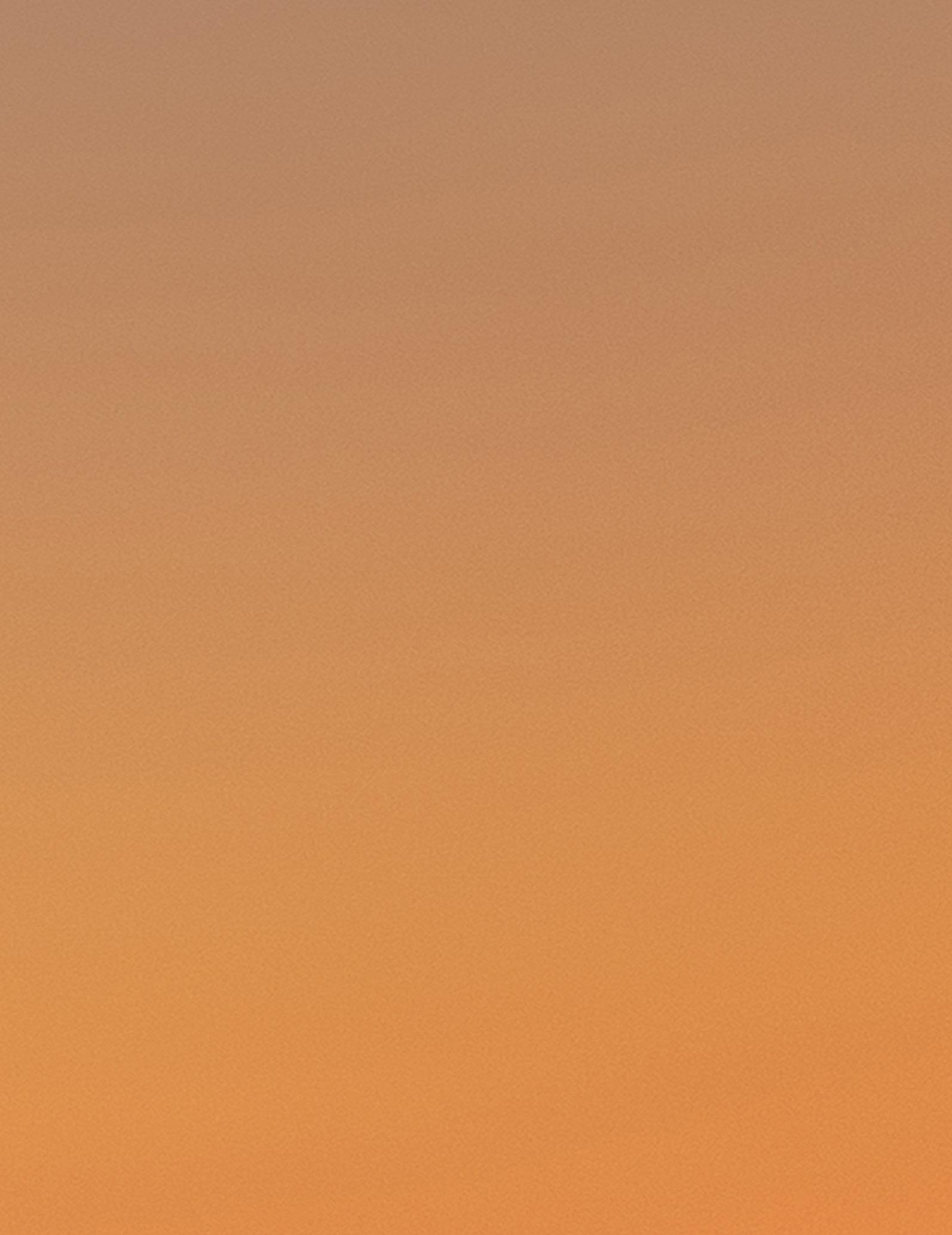
25 WILD WEST ISSUE 88.07 ILLUSTRATION BY JADYEN ARANA
“I can’t guarantee any overnight transformations by following these steps...”
UNDER THE TREE AGAIN
WE SAT UNDER A TREE IN THE SHIVERING COLD FOR THREE HOURS IN FRONT OF THE CSULB BOOKSTORE
Jensen Puckett: 3:15 pm: we’ve been sitting here for 2 minutes and have already seen 5 skateboarders. No one has eaten shit yet. I’ve also seen a lot more scoot ers on campus this year.
Natalie Comfort: 3:30 pm: There are two girls who have been standing talking for the past 15 minutes. One has a really cute fuzzy tote bag with teddy bears on it. It’s cool.
JP: 3:45 pm: i see people walking up, asking people questions with a mic- doesn’t look like 22 west tho. Tempted to buy a sweatshirt from the tent outside but i don’t need to spend money lol. Someone just walked by with a hot coffee and i want it i’m so cold.
NC: 4:00 pm: I just saw a guy walking by with two different shoes on. One is a white sneaker and the other are some orange and yellow nike shoes that look like sprinting spikes but without the spikes, just like absolutely no sole to the shoe.
JP: 4:15 pm: so many people just left the hall of science. I’ve never had a class in there or any big lecture hall actually… wow it so cold
NC: 4:30 pm: It’s getting dark and cold. Very cold. I can’t believe I am only halfway through, I kinda regret agreeing to do this. Why is it so windy?
JP: 4:45 pm: i’m honestly surprised i havent seen any squirrels yet. The sun is kind of starting to set.
NC: 5:00 pm: Hey, the guy with two different shoes came back around. He has been walking with his friend, who is dressed business professional, for almost a full hour.
JP: 5:15 pm: it’s dying down on campus and the sunset is pretty and its so cold holy crap and the tables w the sweatshirts are all packed up now
NC: 5:30 pm: Jensen is telling me her weekly sched ule and it made me think about how some things are easier to remember than other things. I think it is because some thoughts are linked. I can remember her class coming first, and then her second class, but it’s harder to remember which day of the week. I link the days of the week to what order they come in. Like Monday is 1, Tuesday is 2, etc. So I have to go through Monday mentally and then 1 and then class, versus just 1 and class.
JP: 5:45 pm: natalie doesnt remember the days of the week in order like mon, tues, wed, etc. she thinks about it like 1, 2, 3. Its interesting i’ve never thought of it that way lol. I can’t believe how dark it get so early now. oh my God it’s so cold
NC: 6:00 pm: Thank god this challenge is over. Jensen and I are both freezing… Also, the science building looks so pretty, all lit up at night. It is nice compared to the liberal arts buildings that look like they were built half a century ago. Why is that?
*Disclaimer: Andres Leon did indeed force us to sit under a tree on the coldest day of the week. We will be impeaching him as Editor in Chief effective December 31, 2022.
**Note from Andres Leon: I did make Jensen Pucket, the next editor in chief, and our lead copy editor, Natalie Comfort, sit under a tree in the cold for three hours. I did it to give them a taste of how it would feel when I graduate this semester haha I’m funny.
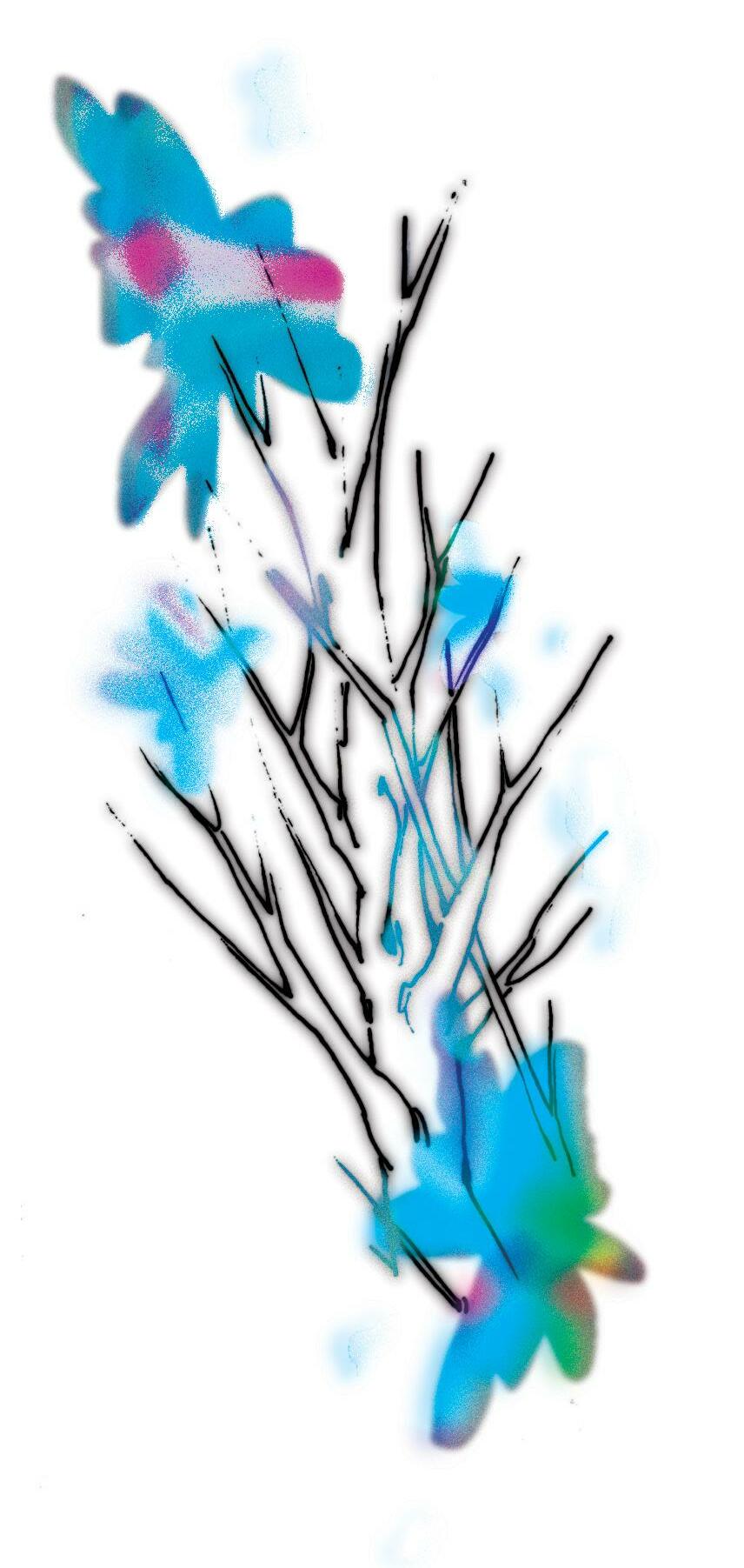
26 WILD WEST ISSUE 88.07 FEATURE ILLUSTRATION BY
BY
ELEAH KANG
NATALIE COMFORT & JENSEN PUCKETT

NEW HIRE SPOTLIGHT: CAROLINE BAE
Natalie Comfort: How do you feel about being the new art assistant?
Caroline Bae: Excited! Nervous, but excited. I’m genuinely so glad I get to work with a team of inter esting people and it’s fun being on the other side after volunteering for so long. I’m also looking forward to working alongside so many talented volunteers.
NC: In what other capacities, have you worked with curating and creating art?
CB: I’ve just been a hobbyist for the longest time. As early as I can remember. Over time, I have branched out to all kinds of art. I’ve done stuff for press, typog raphy, and sculpture. M y main focus is illustration but I think it is interesting to be in the opposite role now of managing.
NC: What did you like about your experiences with management submitting art that you want to bring into this role?
CB: I want to be more involved. I want to learn more from other artists. I feel like I have a specific style. Here we have a wide range of volunteers so there are many different styles of art. Everyone has a different approach, right? It is nice to learn from that. I feel like I have been doing the same thing for most of my art career so I like seeing the variety.
NC: Do you have any specific plans for the magazine going forward?
CB: Expect to see a more illustrative look! I’d also really like to encourage the focus on the contents of the mag. We have so many talented writers and artists
onboard here, and I really want to focus on preserving their unique visions and complementing their work so it can be at its fullest potential.
NC: Are you nervous?
CB: Hell yeah (no further comment as said nervous ness proceeded to materialize into an incompre hensible physical form and straight up graphically eviscerate the interviewee. She will be missed.) Defi nitely, but I think in a good way. I see this as a good opportunity to challenge myself artistically and pick up some new skills, both as a creative and as a leader.
NC: How was making the cover for December?
CB: I wanted to try my hand at fictionalized land scapes, which I’ve never really done at this scale. It basically became a process of refining down my concept sketch until I think it looks done enough. As for the finished product? I can’t quite say I’m ever entirely happy with any of my finished works, but I strive to do even better on the next.
NC: What inspired the space-cowboy theme?
CB: When I first got this prompt, I thought this west theme needed a little bit more of the weird, so I decided that “space western” could be the twist. A lot of this month’s articles were about loneliness and existentialism which happened to fit the space stuff really well, I think. Ultimately though, what was prob ably most influential was that I am a sucker for sci-fi and space themes, so sue me.
NC: Where did you draw your inspiration from?
CB: I spend a lot of time browsing other art, looking at other artist’s approaches to the same concept and what to take after and what to do differently.
What is your process with creating art?
CB: I start with physical pen and ink sketches in my notebook, just jotting down the thumbnails. I bounce around ideas. I throw that into a digital painting program. From there, I add in more details, building color on color since it was a painting-like style for this one.
NC: Are you facing any frontiers right now?
CB: Just small hurdles in health and work, which is to be expected. Depression and stress levels are known to rise this month and time of year, and this month’s article is full of personal struggles and thoughts head ing into a new year, new chapters of their life and new horizons. My cover is a barren, desolate landscape but I wanted to allude to being able to carry on and trek forwards into the unknown no matter what. See you space cowboy.
28 WILD WEST ISSUE 88.07 BY NATALIE COMFORT FEATURE
BY CAROLINE BAE
mnbloop
ILLUSTRATION
A LOOK INTO THE MIND BEHIND THE ARTIST OF THE COVER, COINCIDENTALLY ALSO OUR NEW ART ASSISTANT

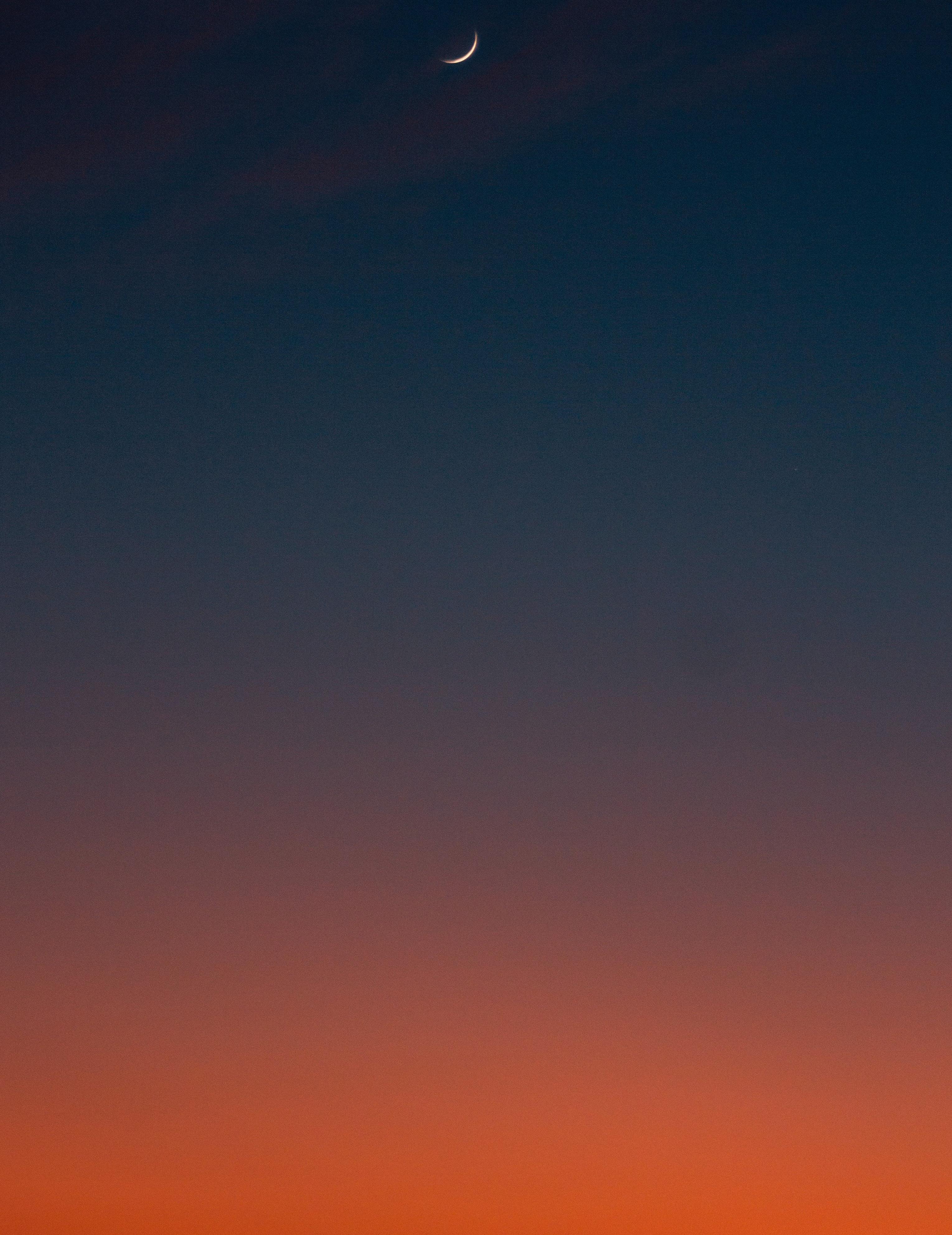

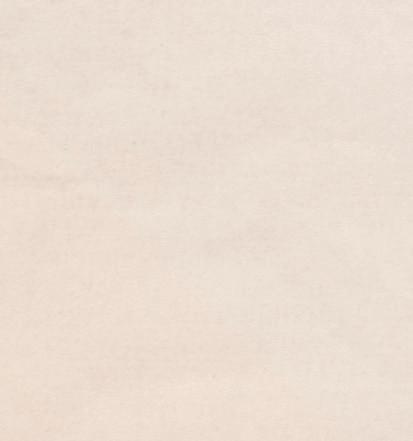
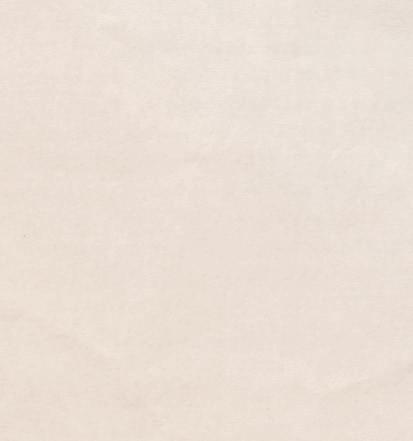
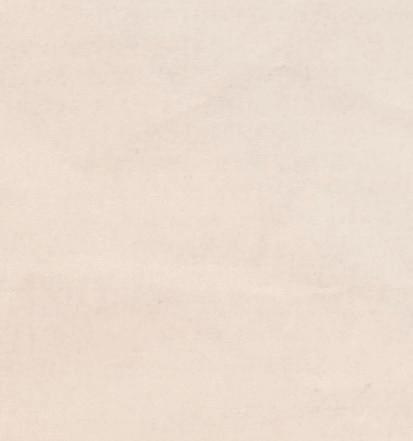

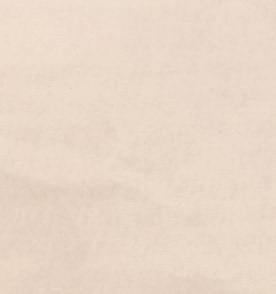



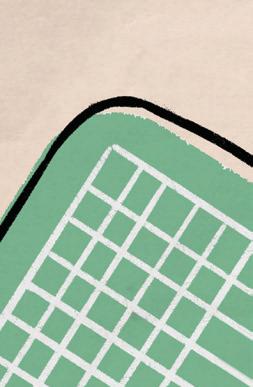
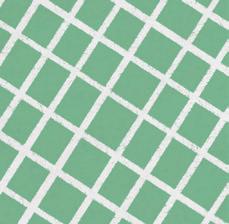


































































































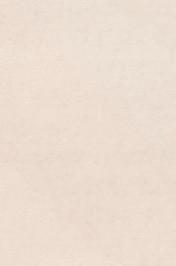


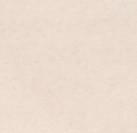


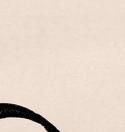




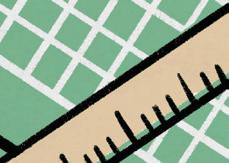

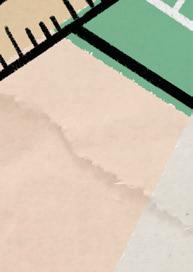



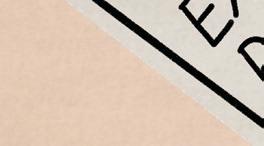



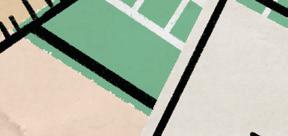





















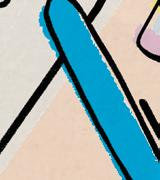


















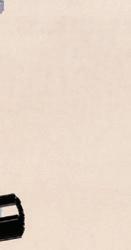

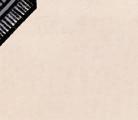

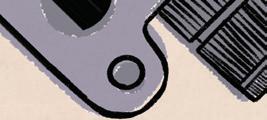















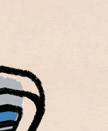

































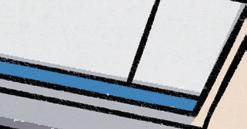





























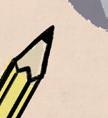















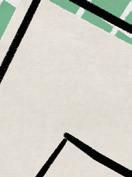
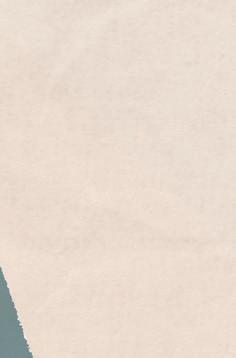

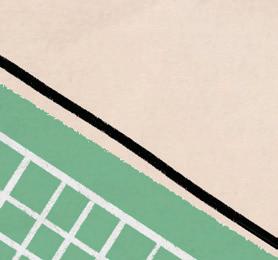


































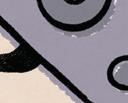











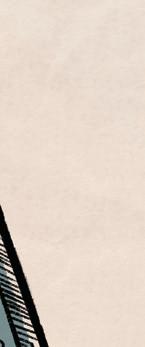
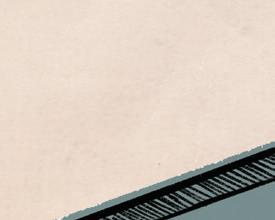
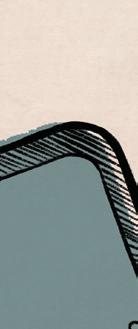
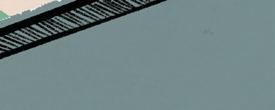
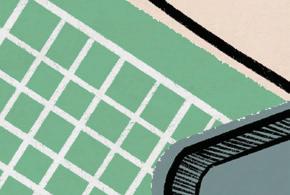
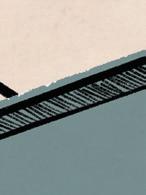


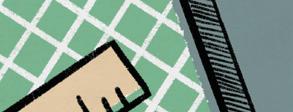












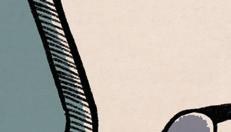





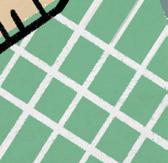







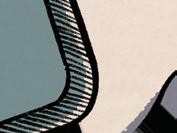

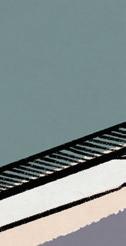






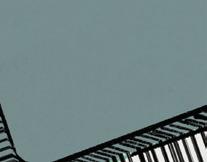




















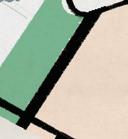




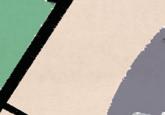


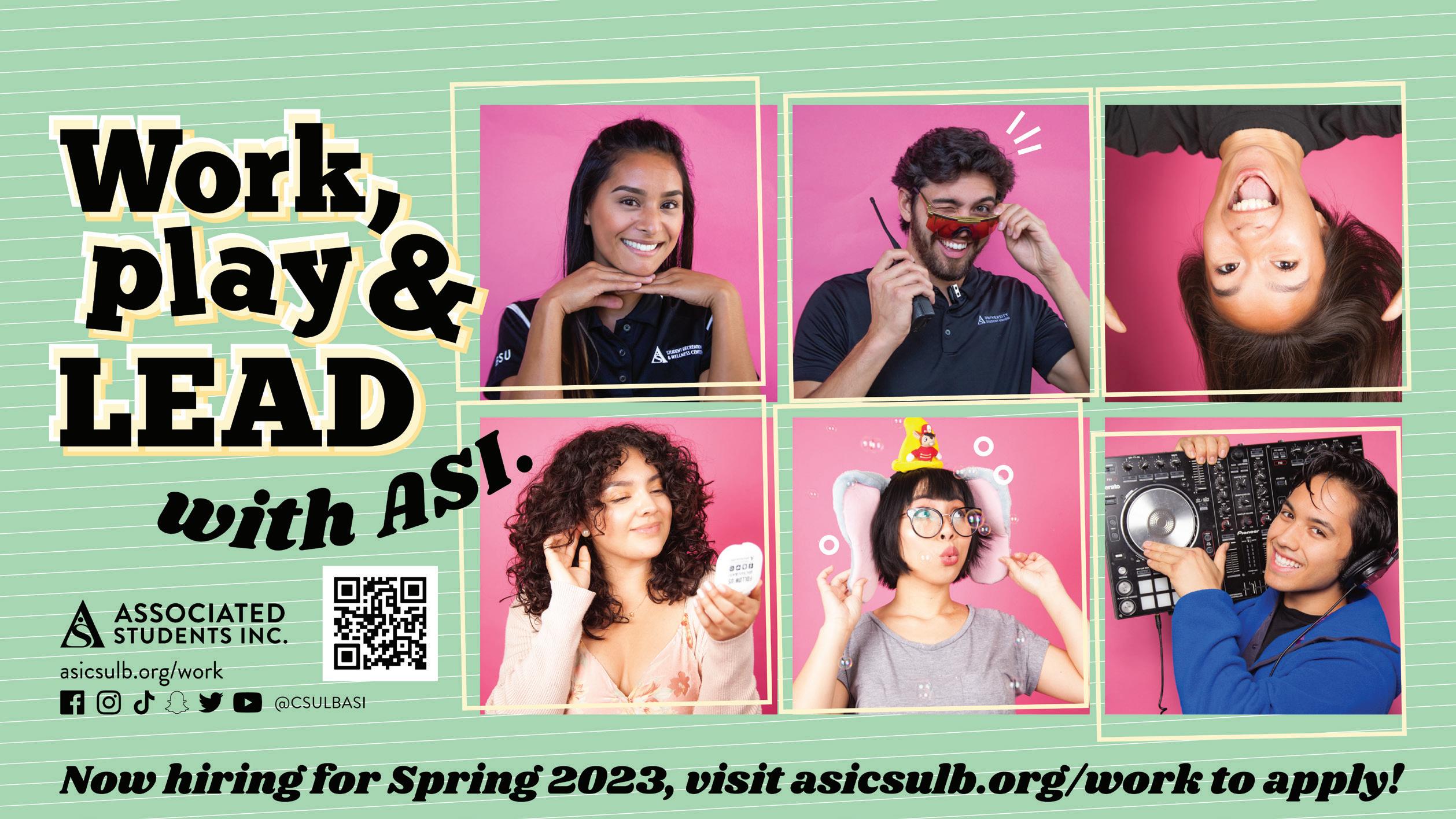
AnnaBella Vaca, Writer & Artist
Caroline Smith, Writer & Artist
Jadyen Arana, Writer & Artist
Joshua Biragbara, Writer
Jude Sampson, Writer
Sofia Carlos, Writer
Reyn Ou, Writer & Artist
Vivien Gray Valoren, Writer
Arielle Zepeda, Artist
Caroline Bae, Artist
Eleah Kang, Artist
Elizabeth Delgado, Artist
Helen Ho, Artist
Krizzha Dee, Artist
Phyke Soriano, Artist
Nina Walker, Artist
Mika Huynh, Artist
Stephanie Bravo, Artist
RJ Nieto, Artist
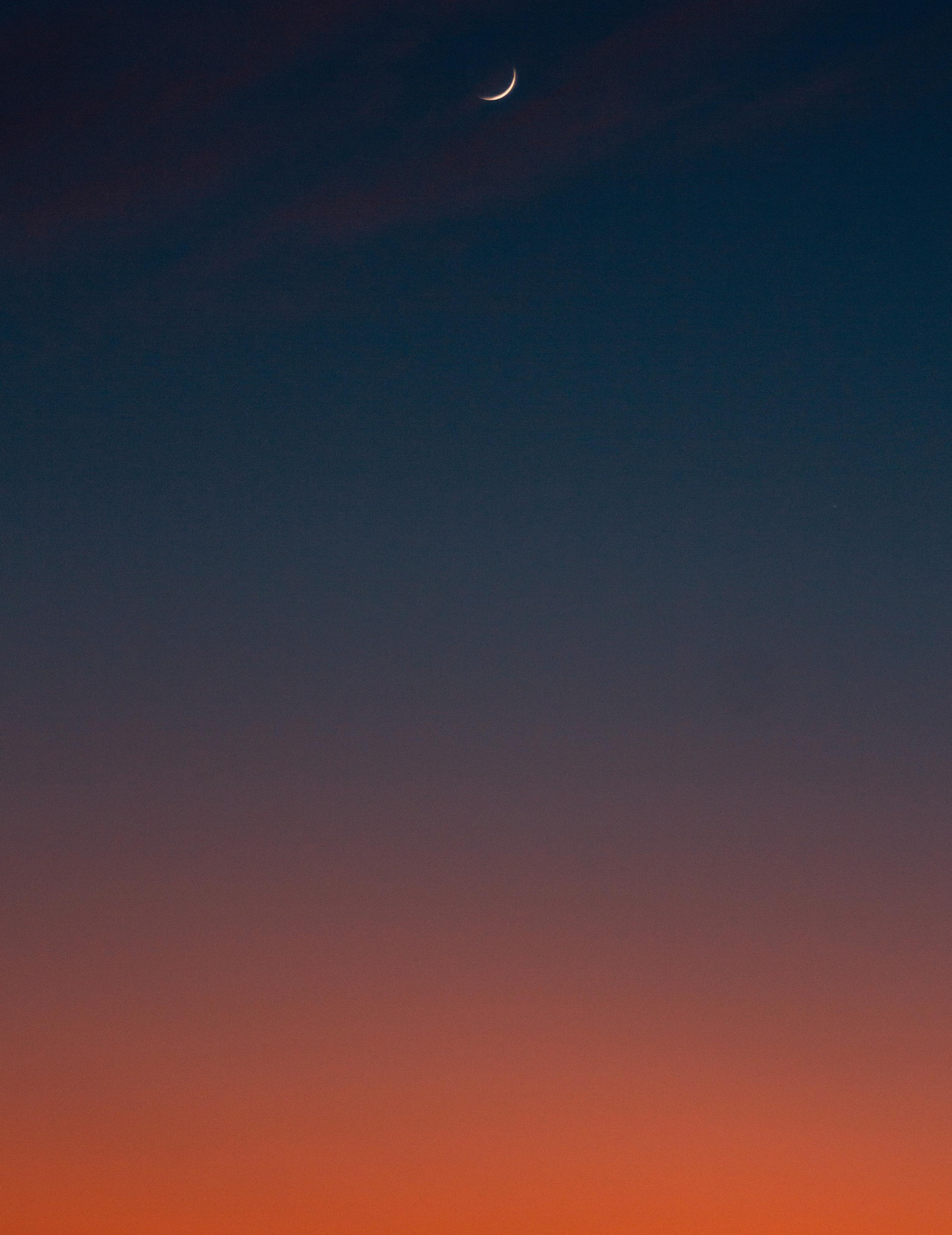
CONTRIBUTORS LIST THANK YOU
SEE YOU SPACE COWBOY ...
